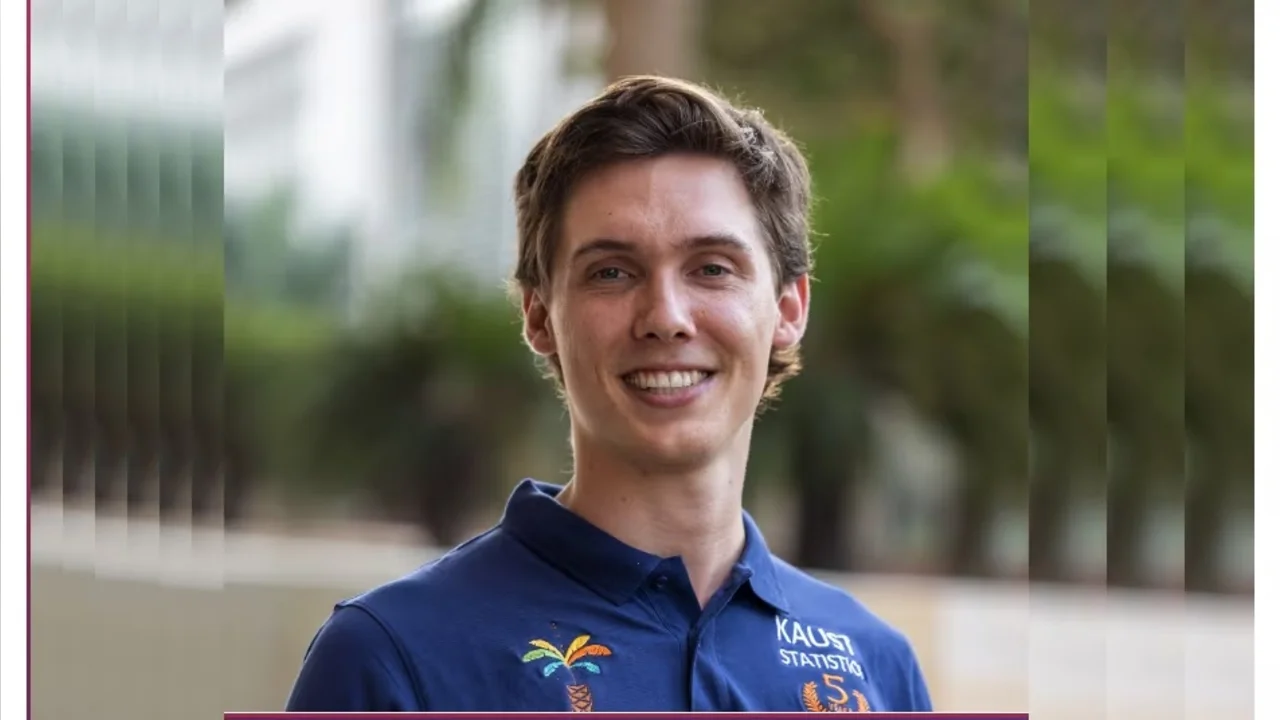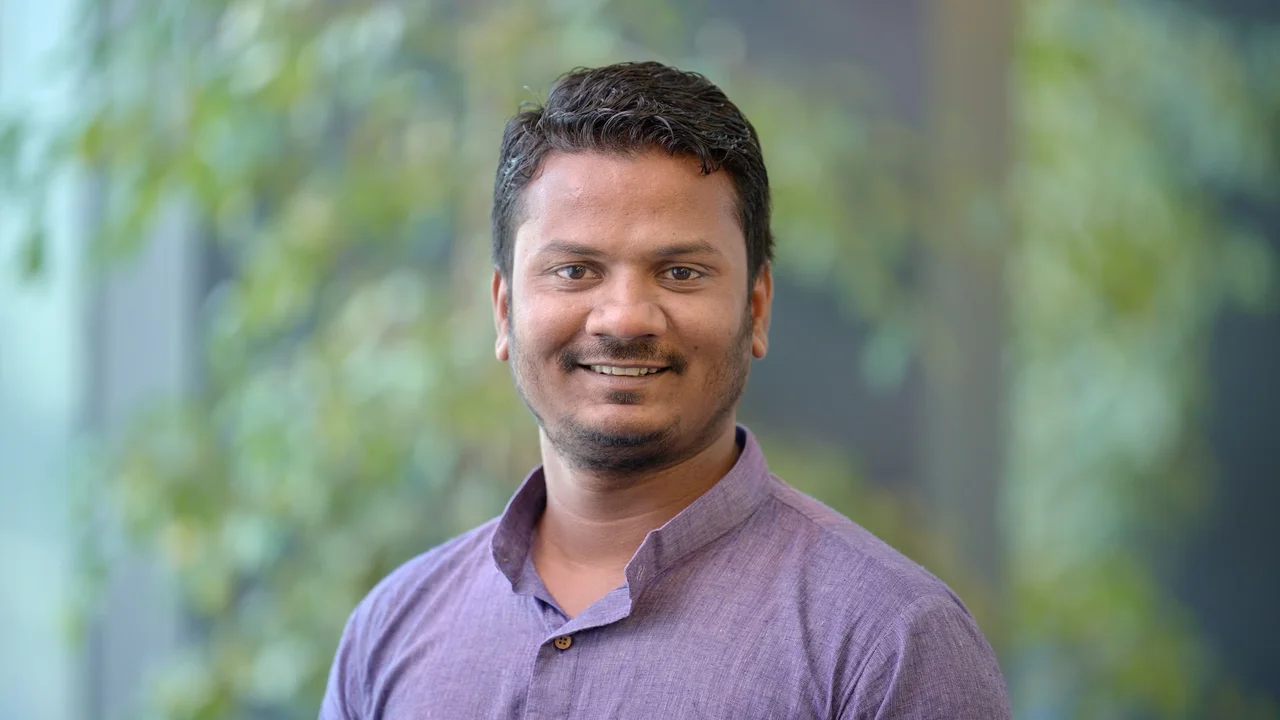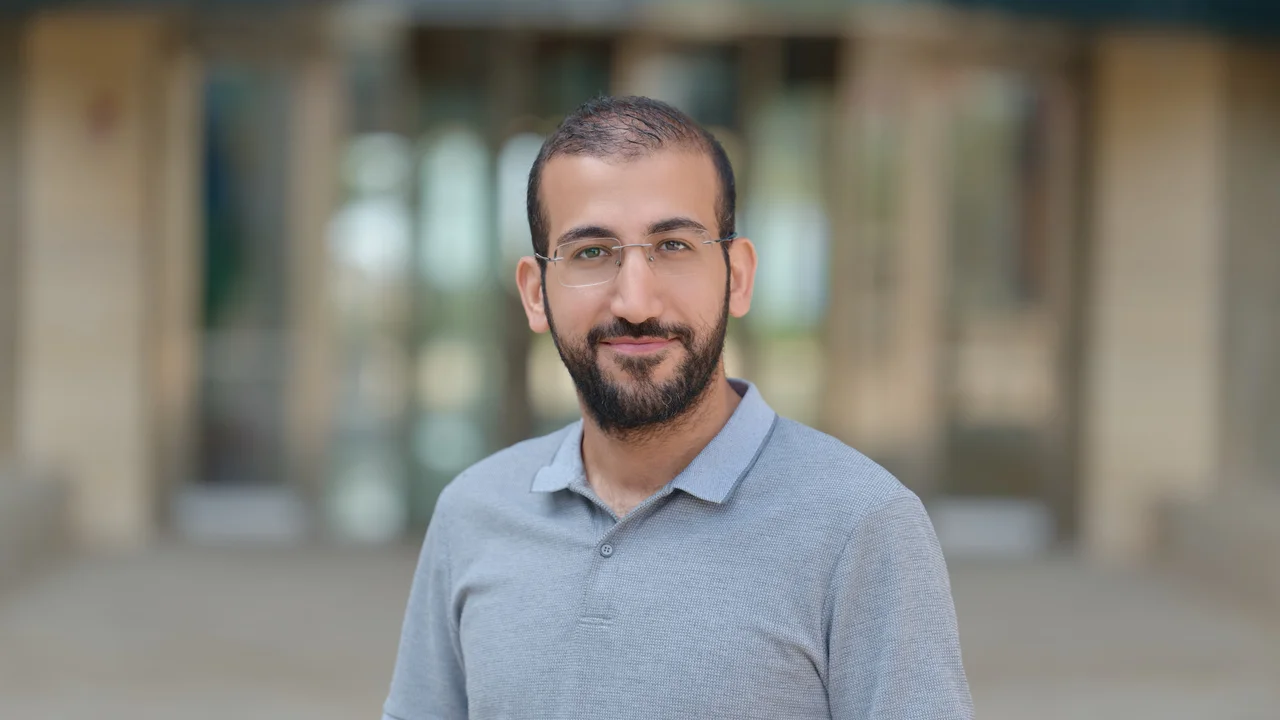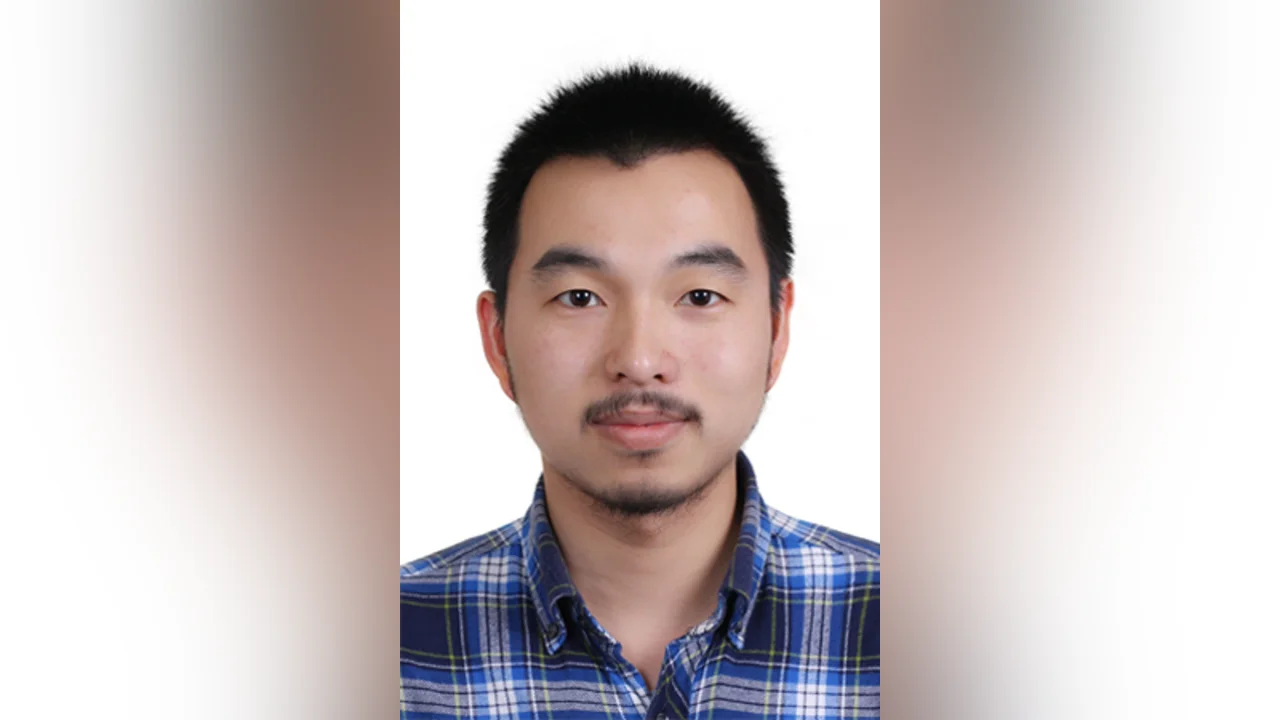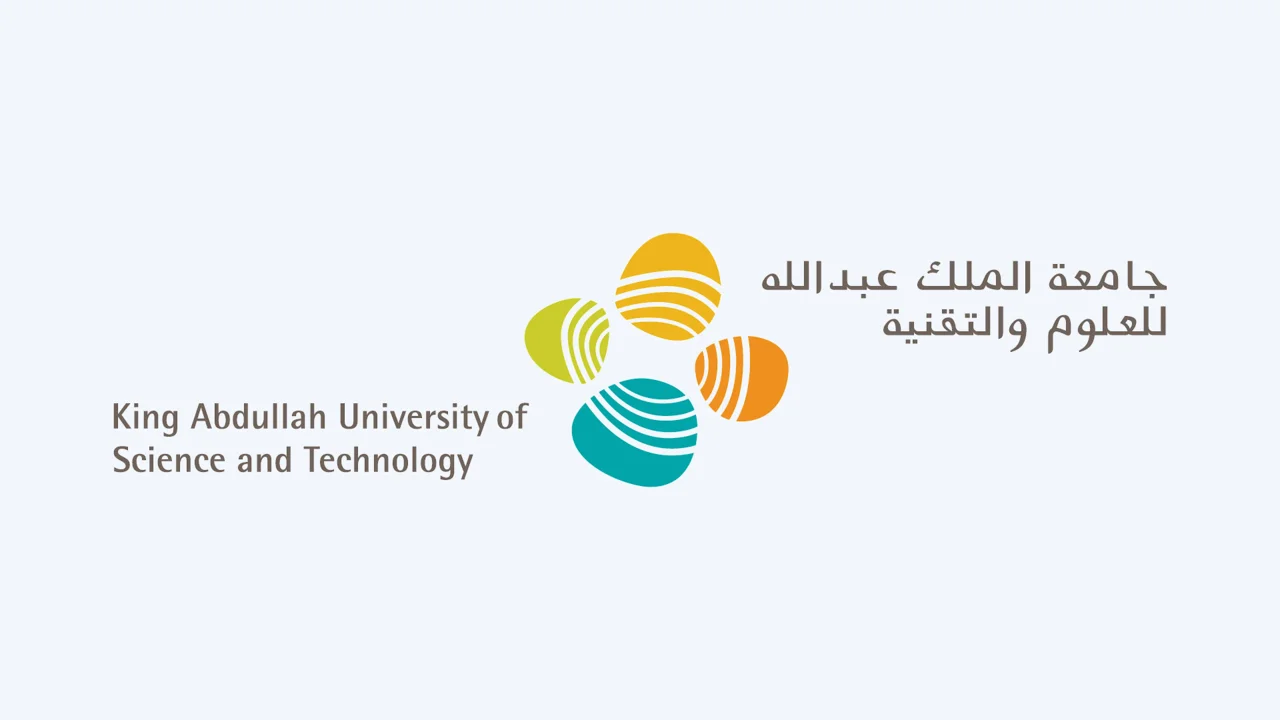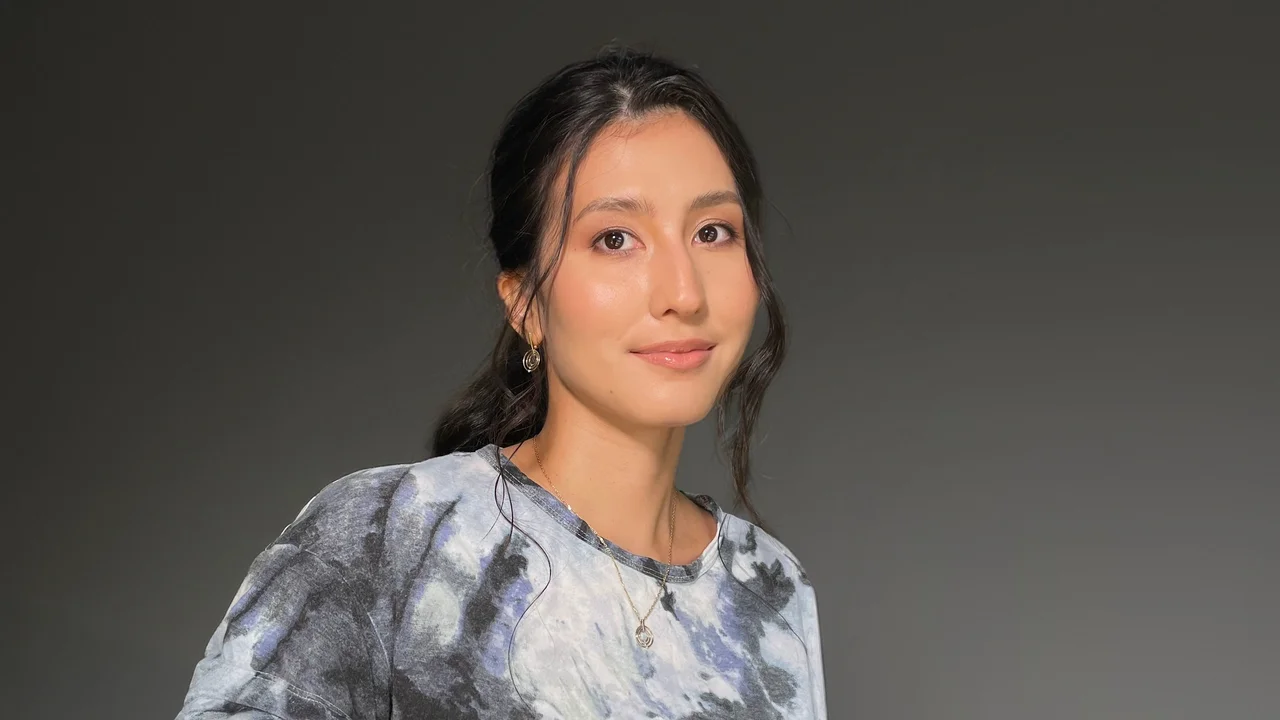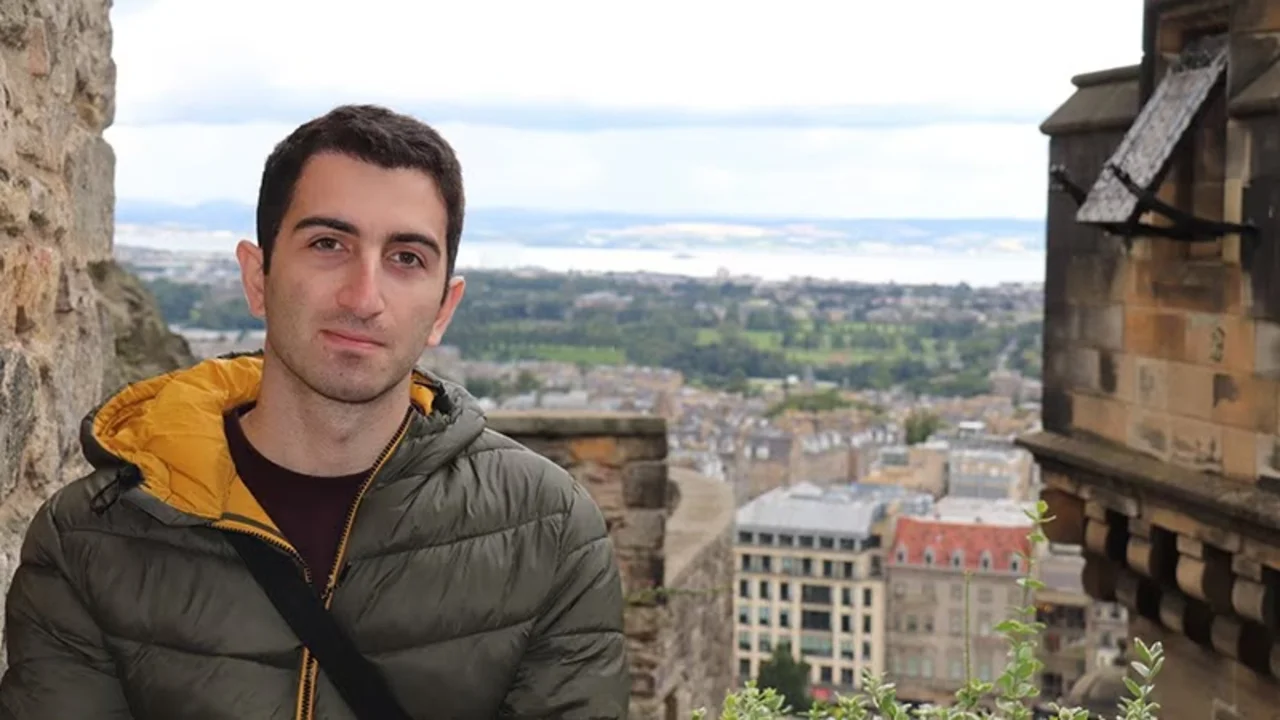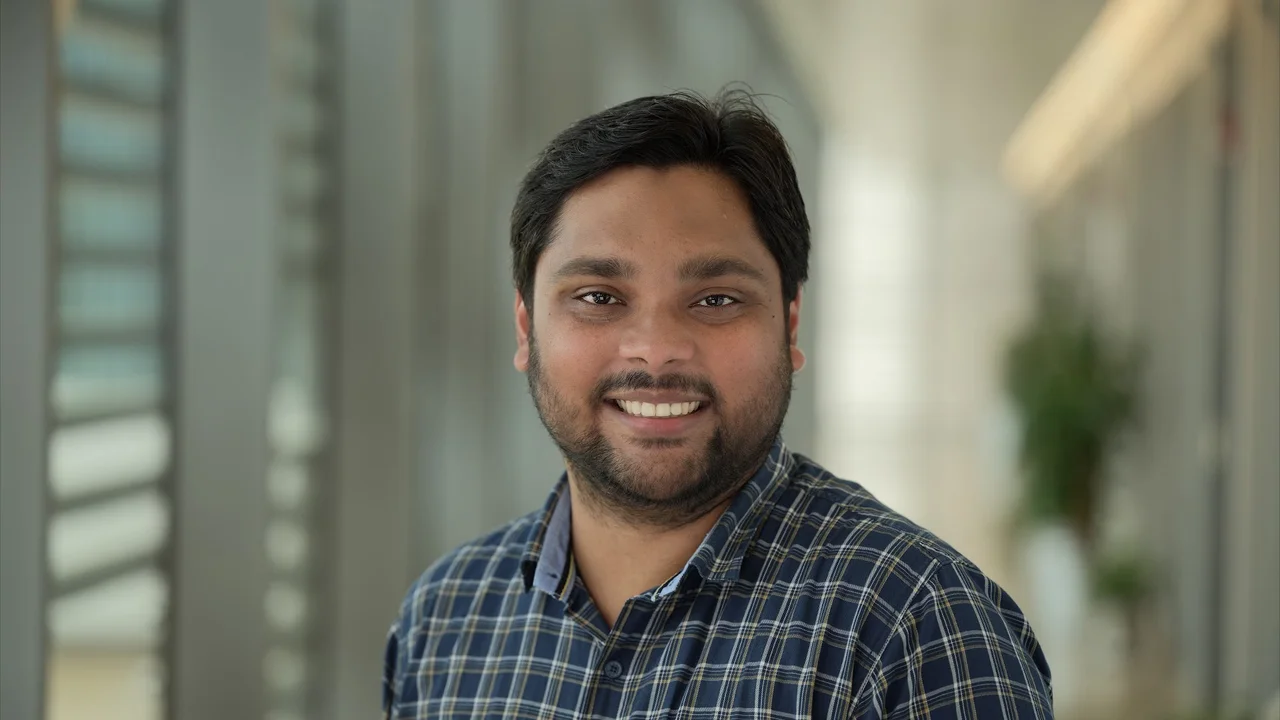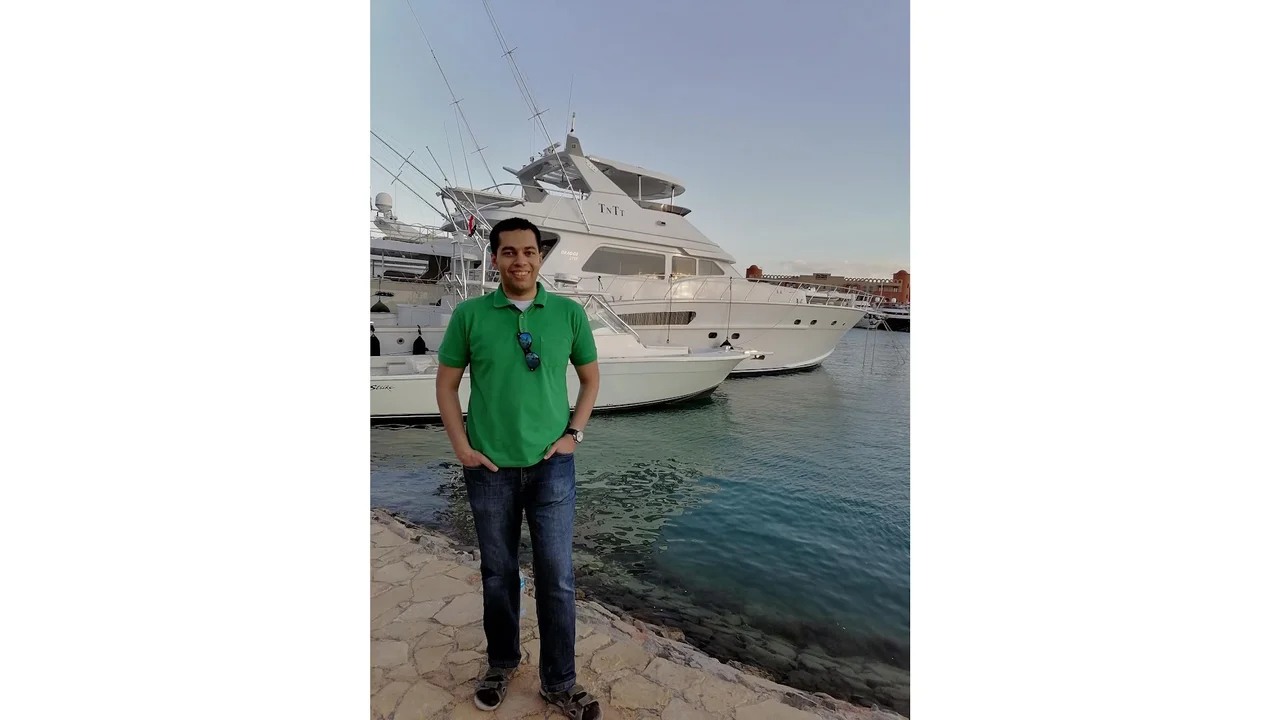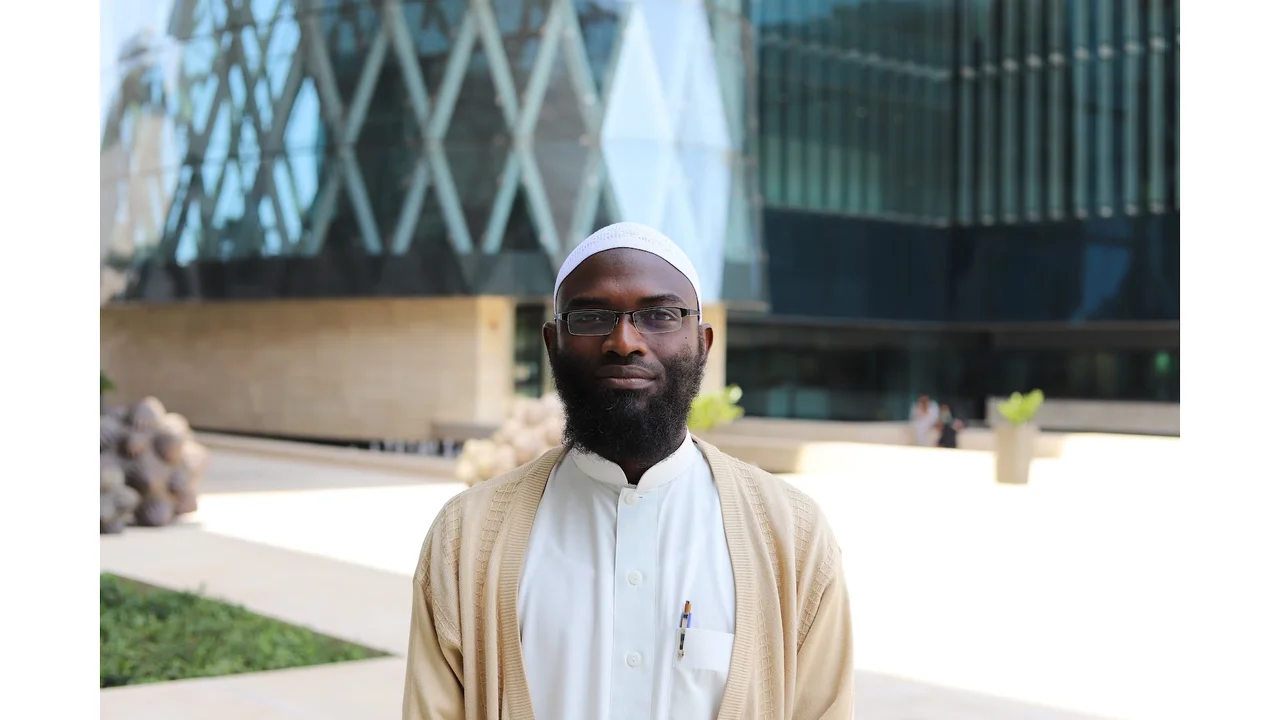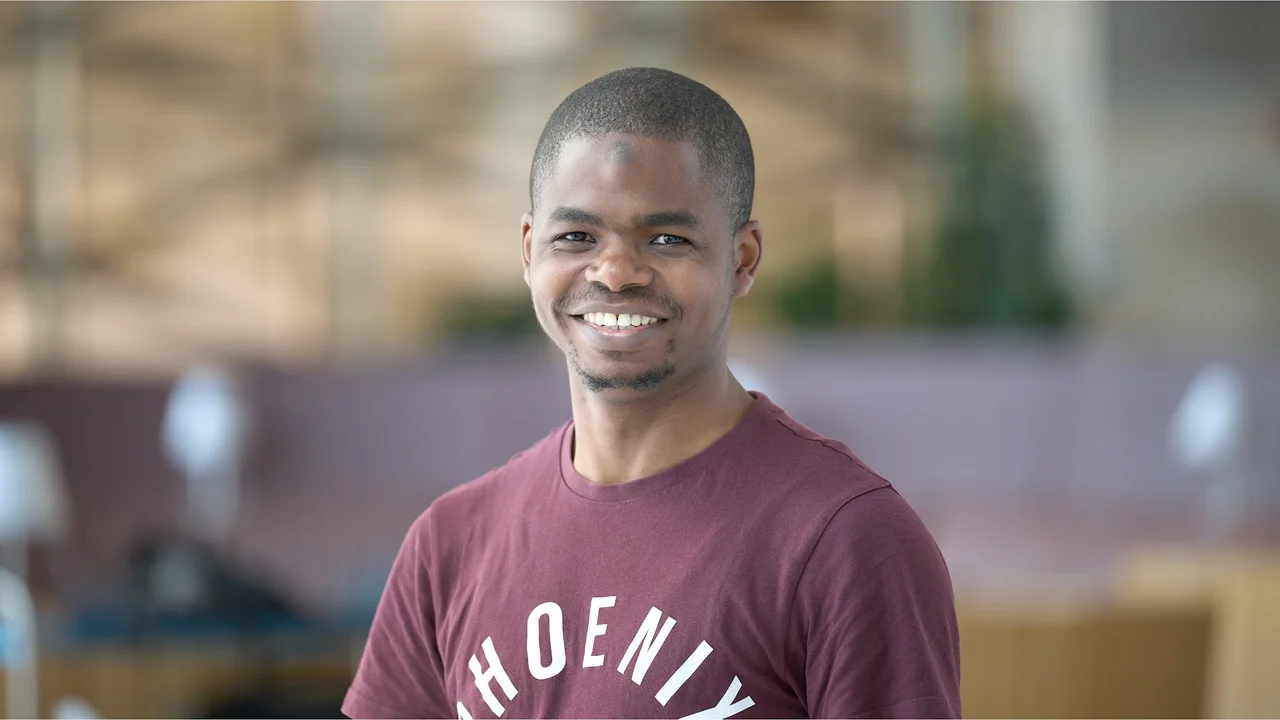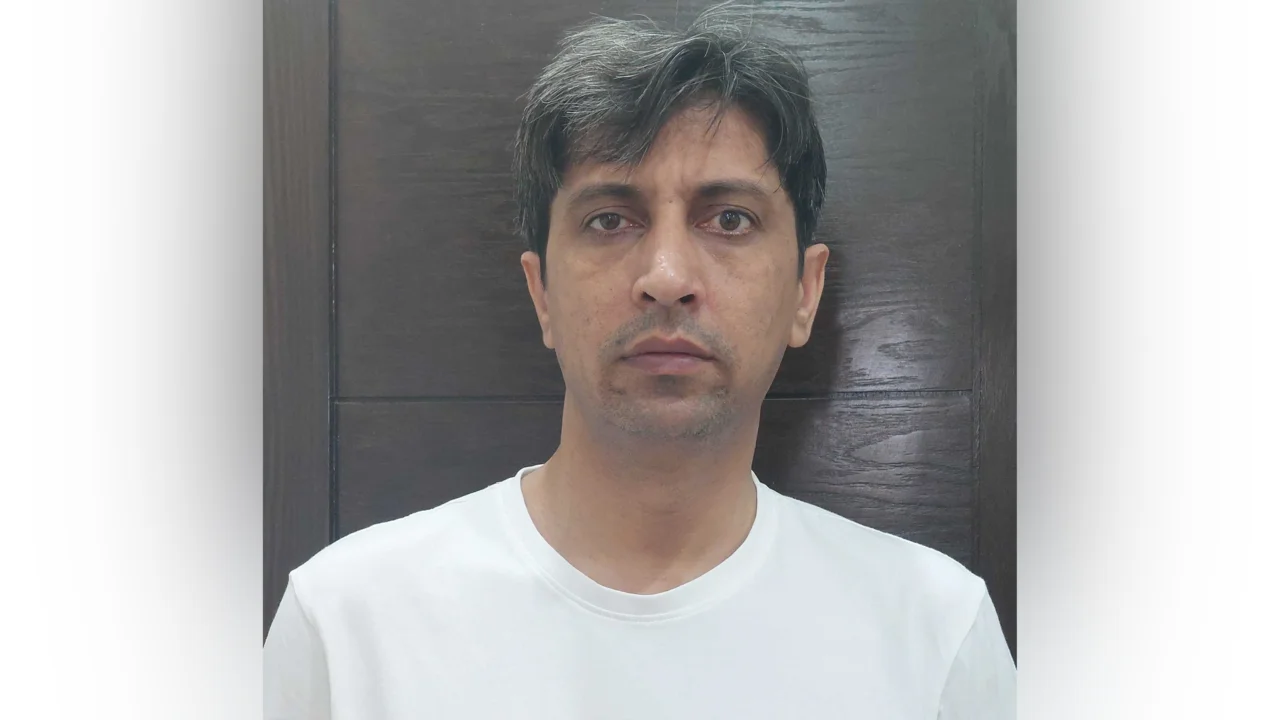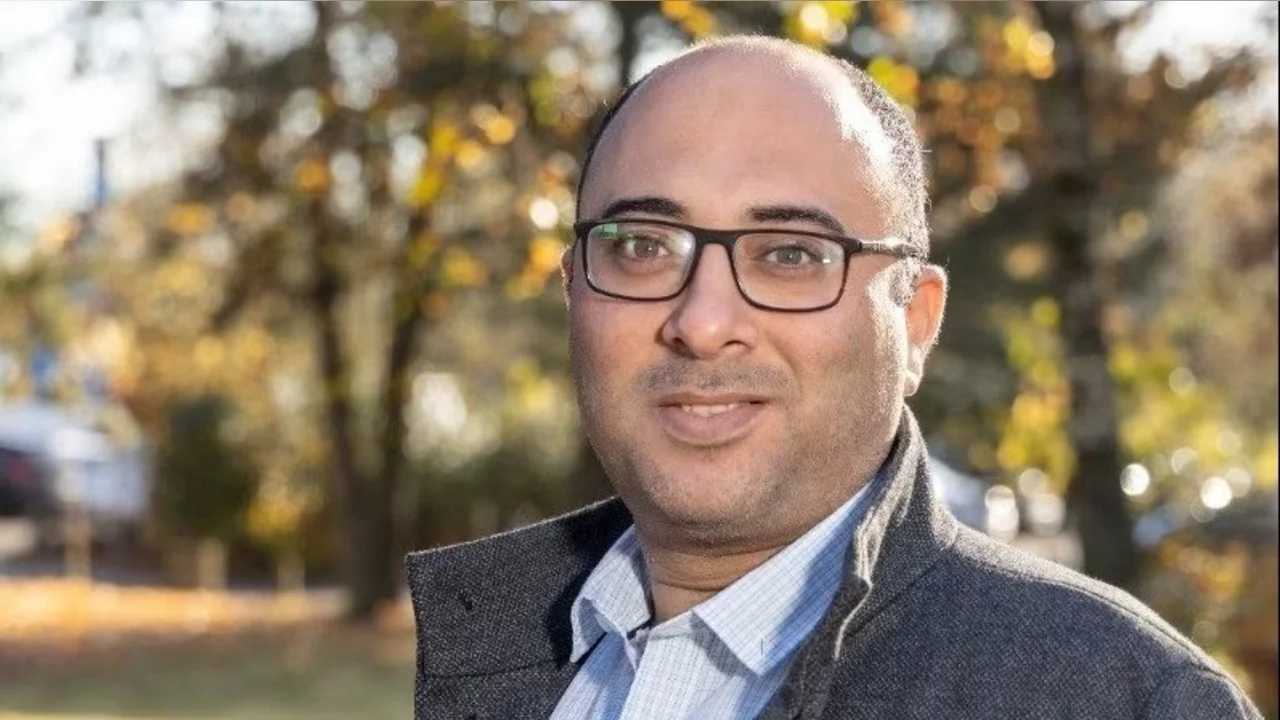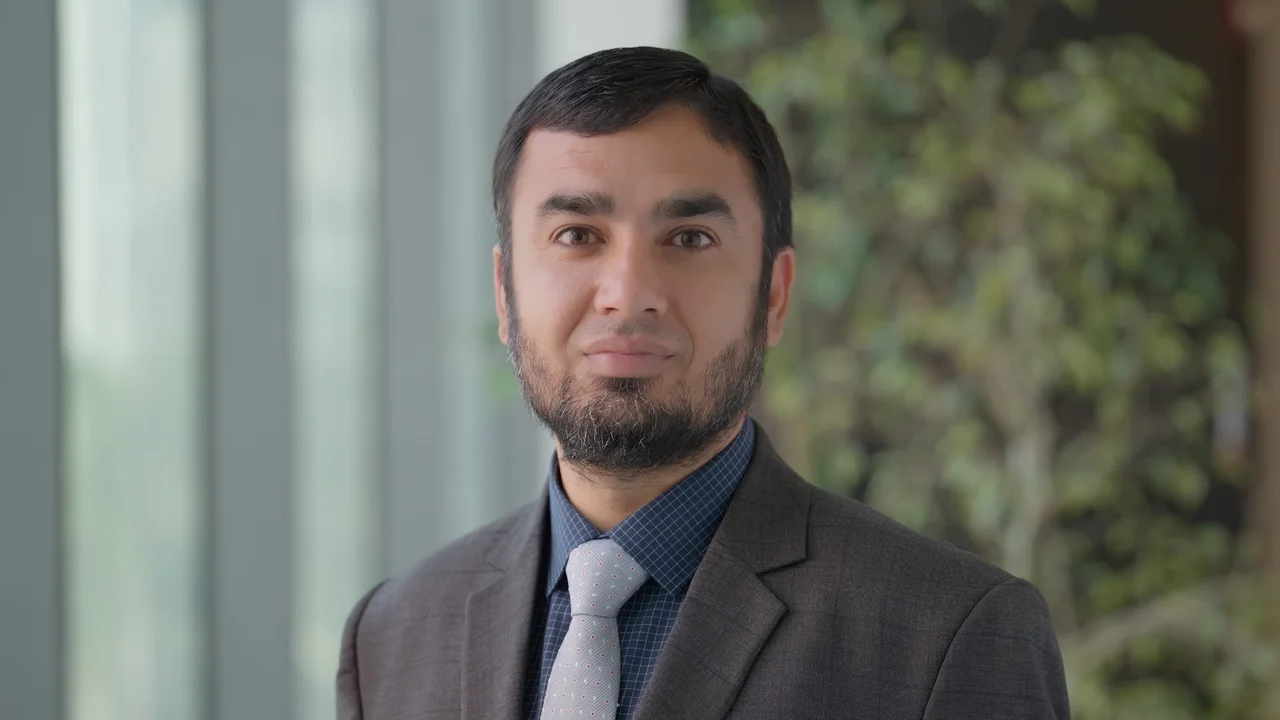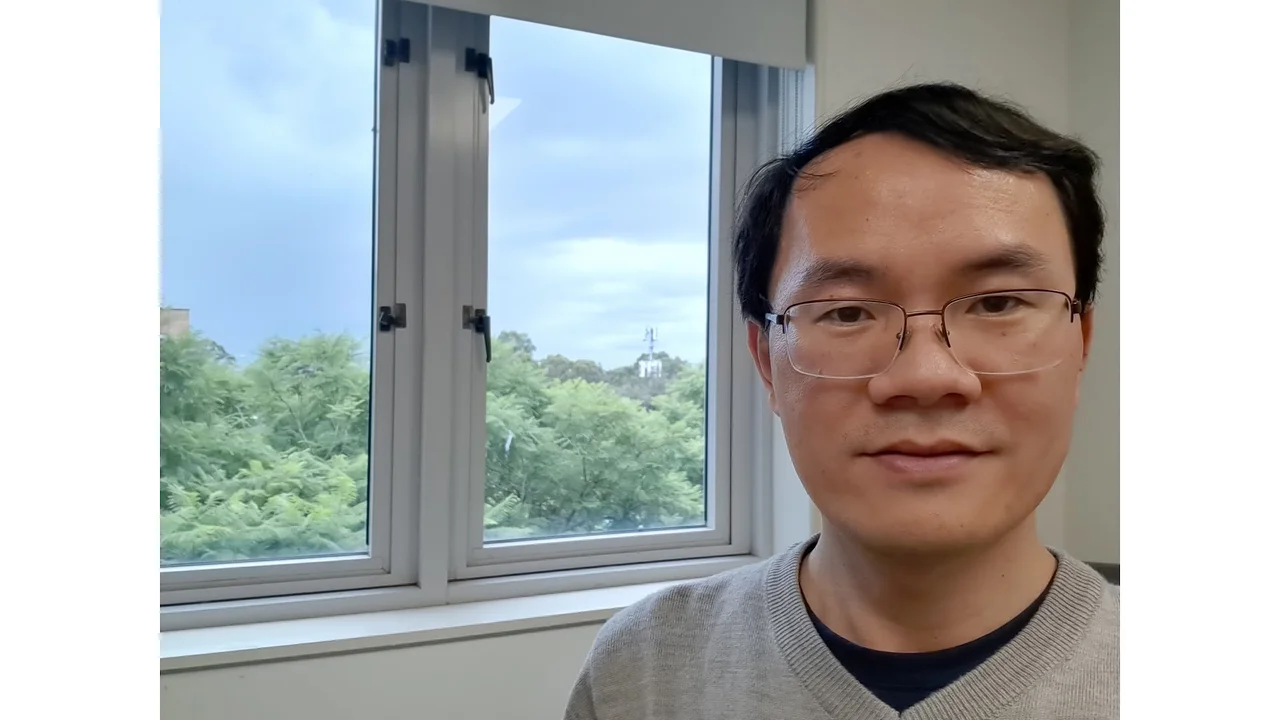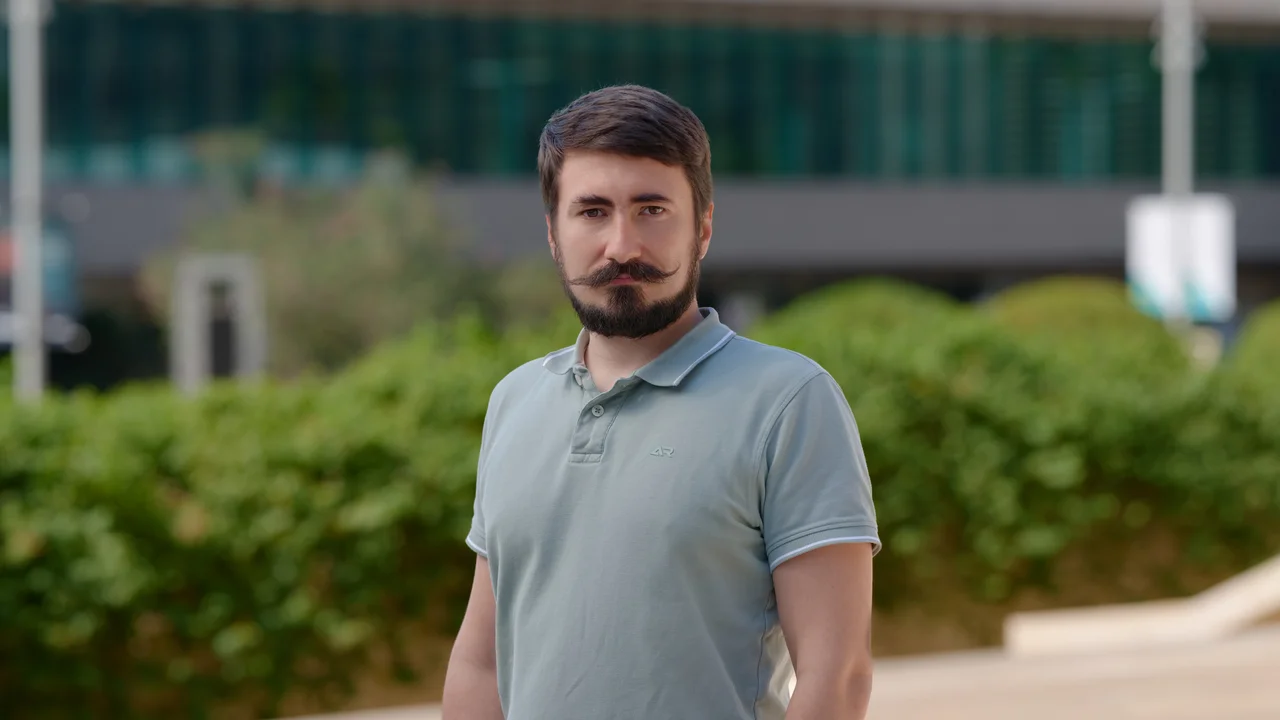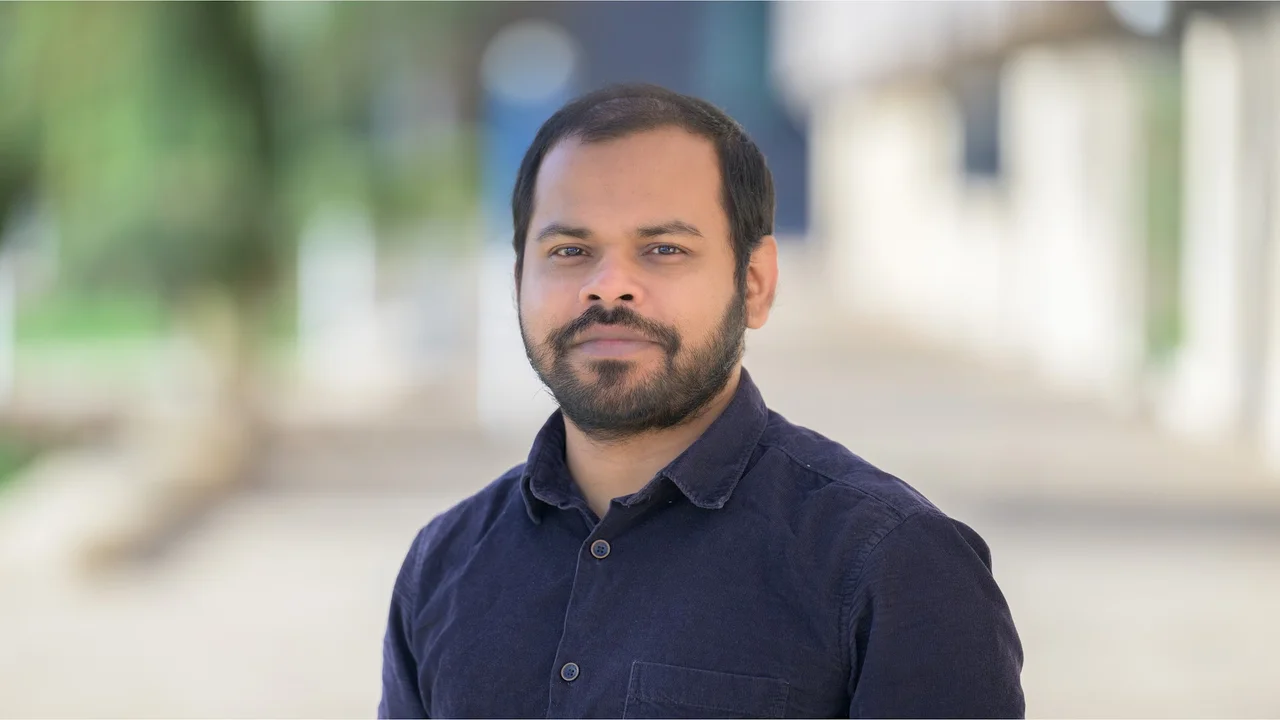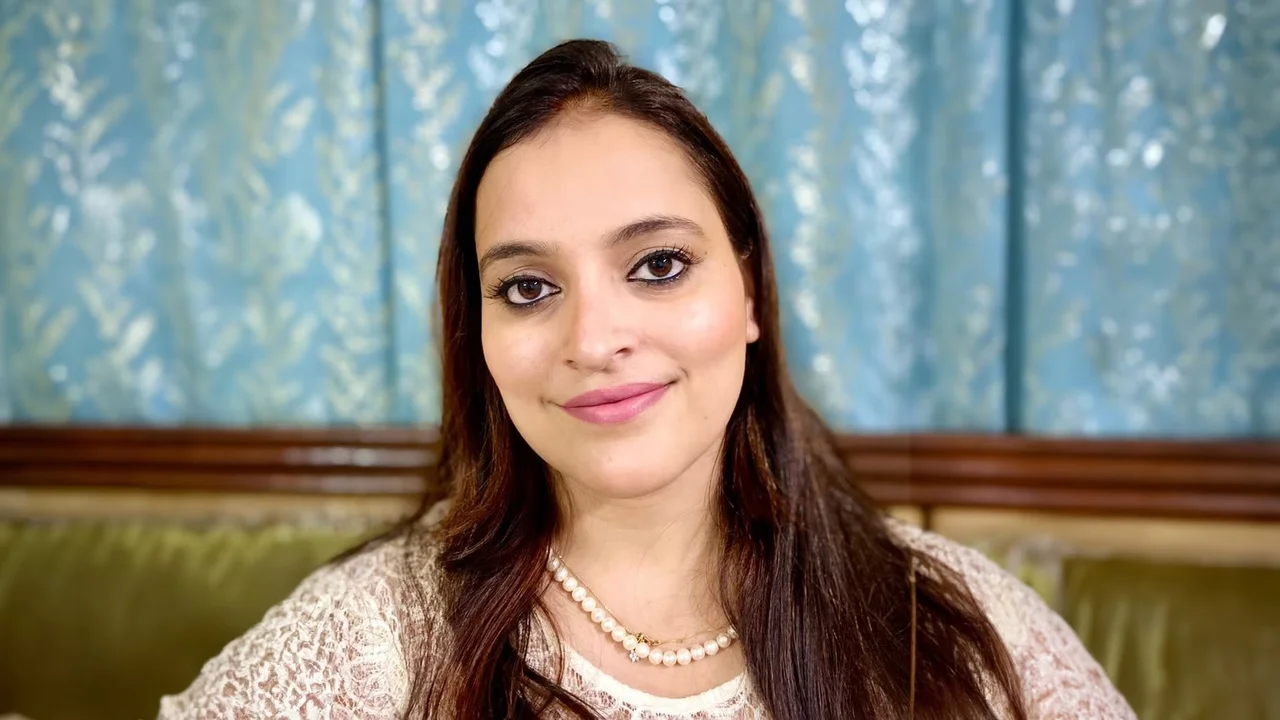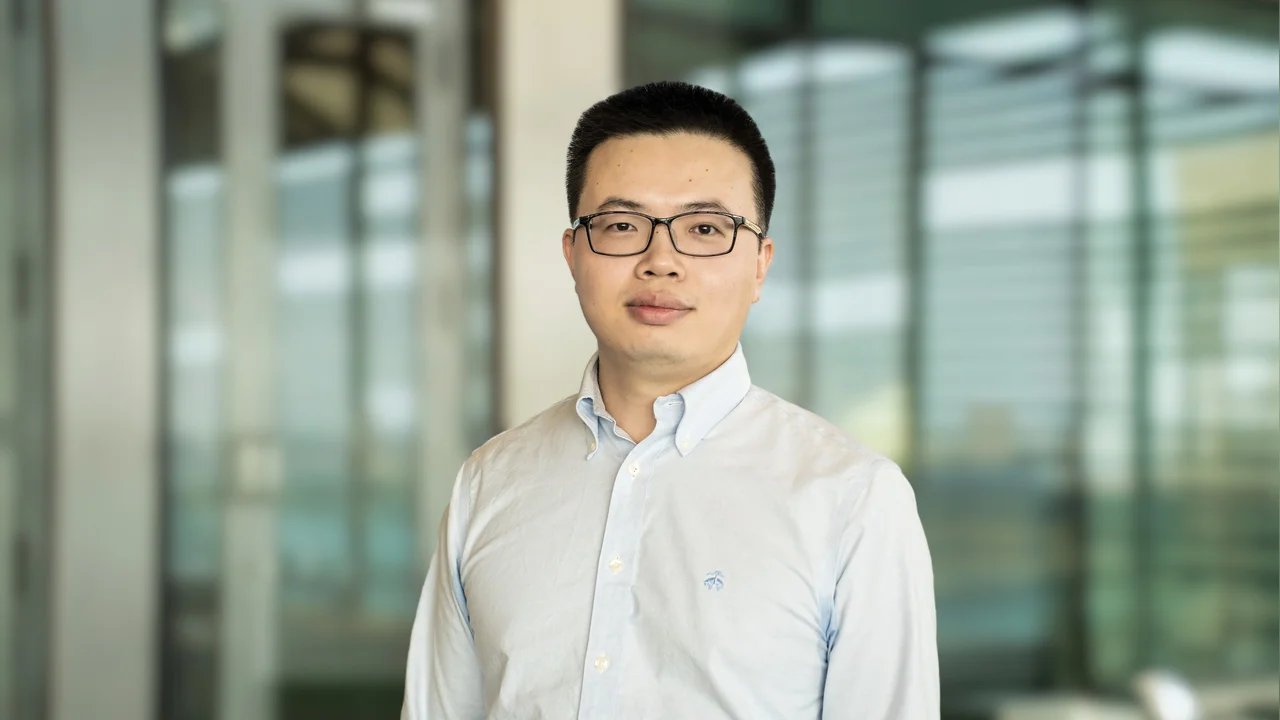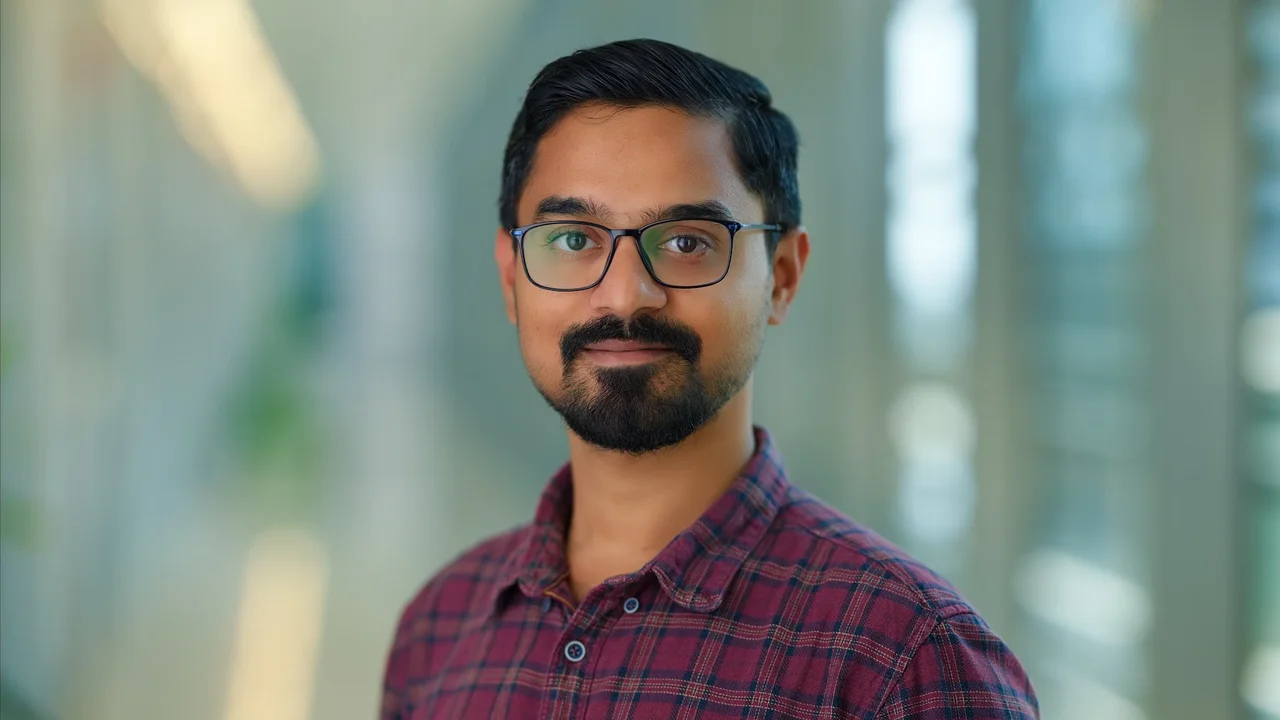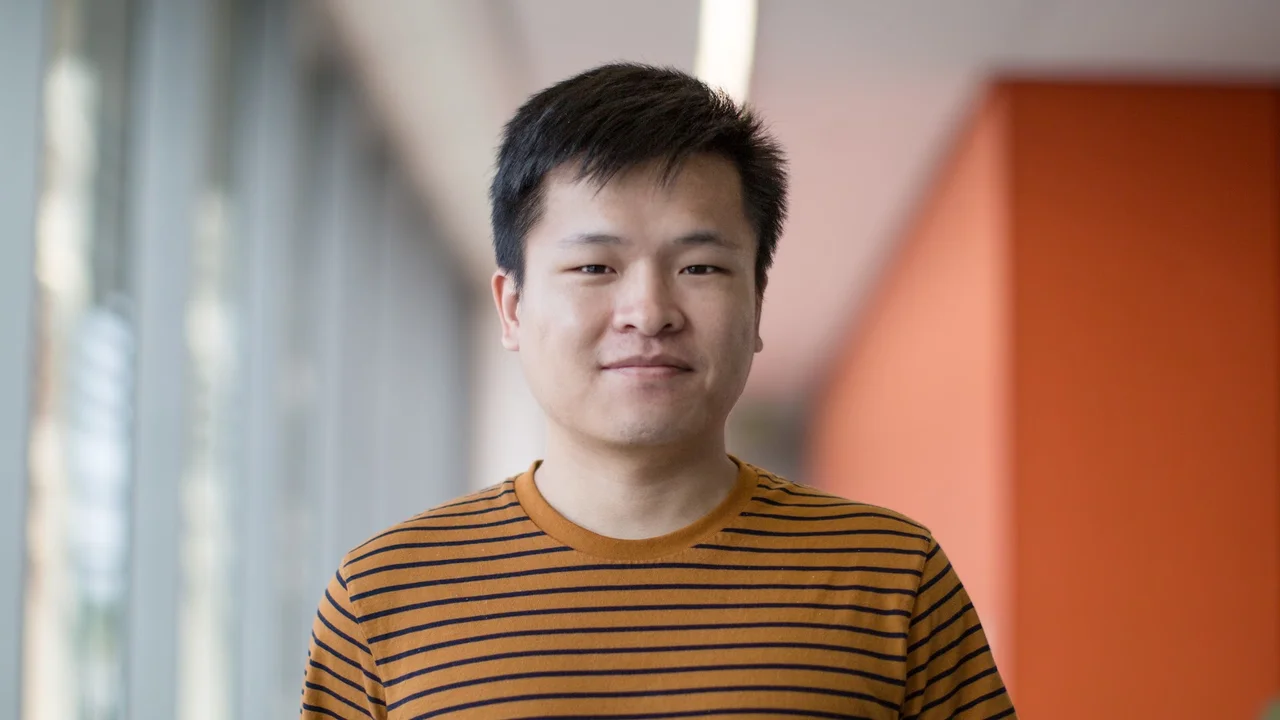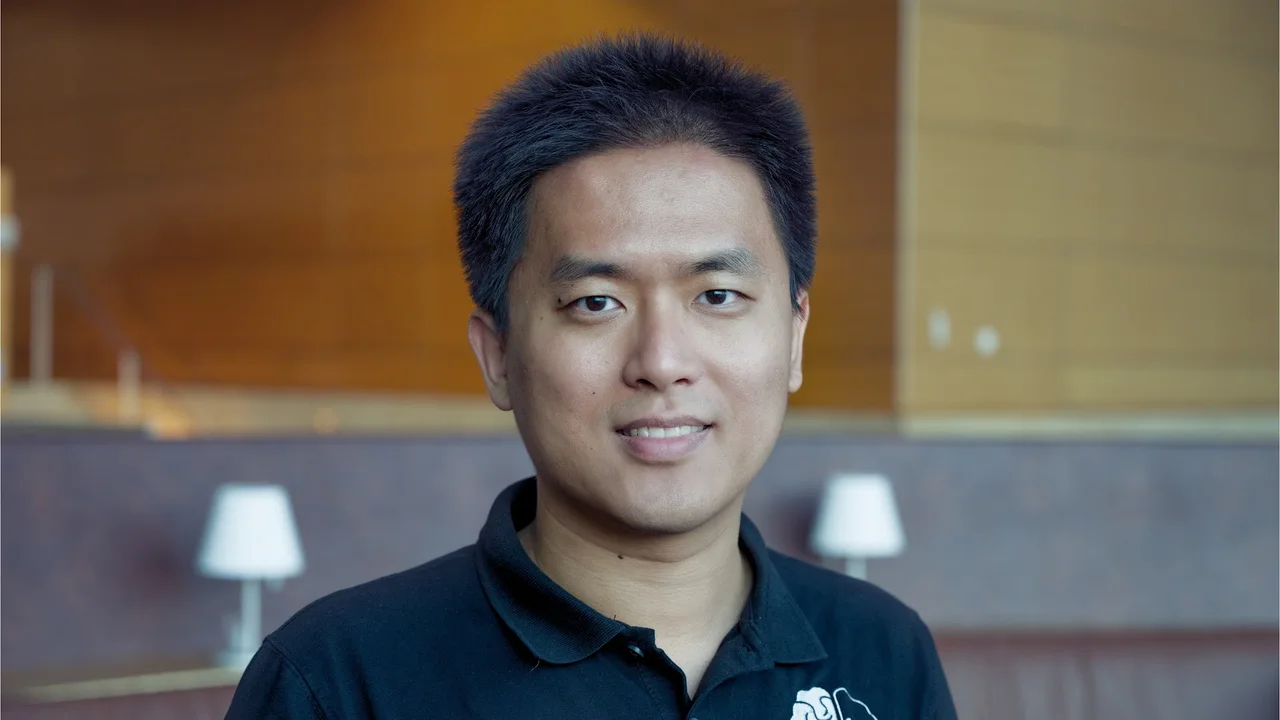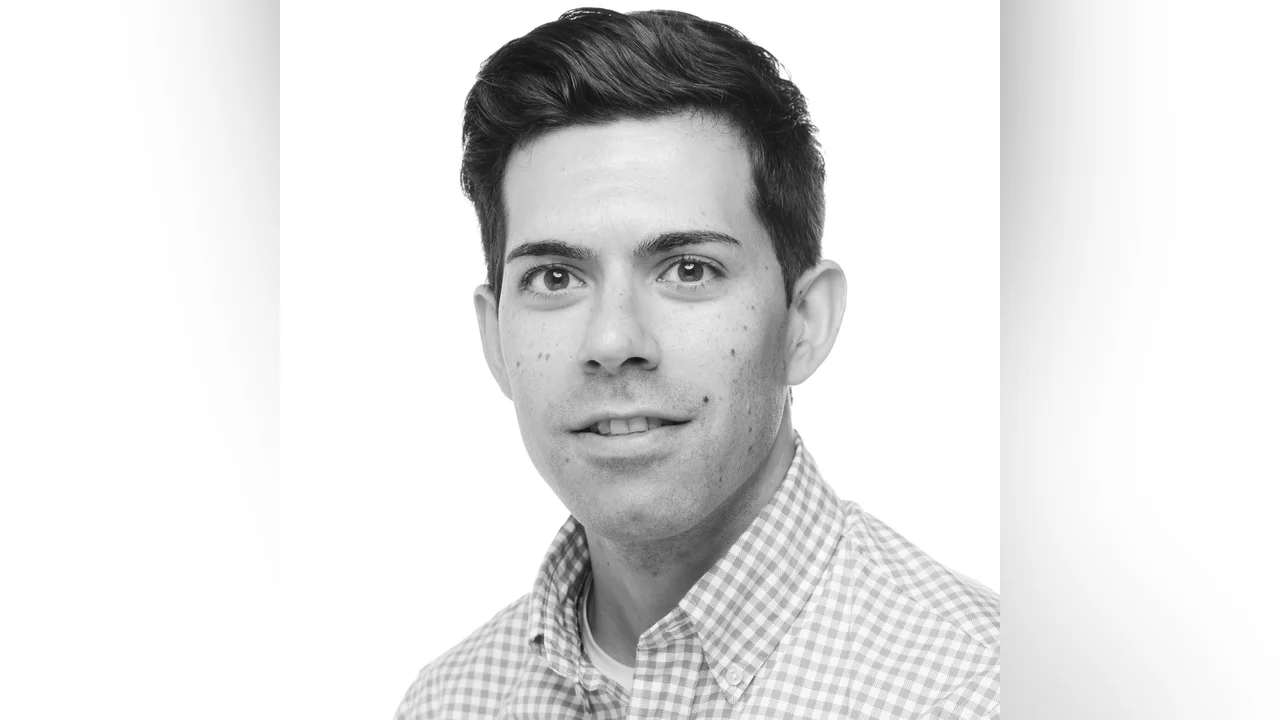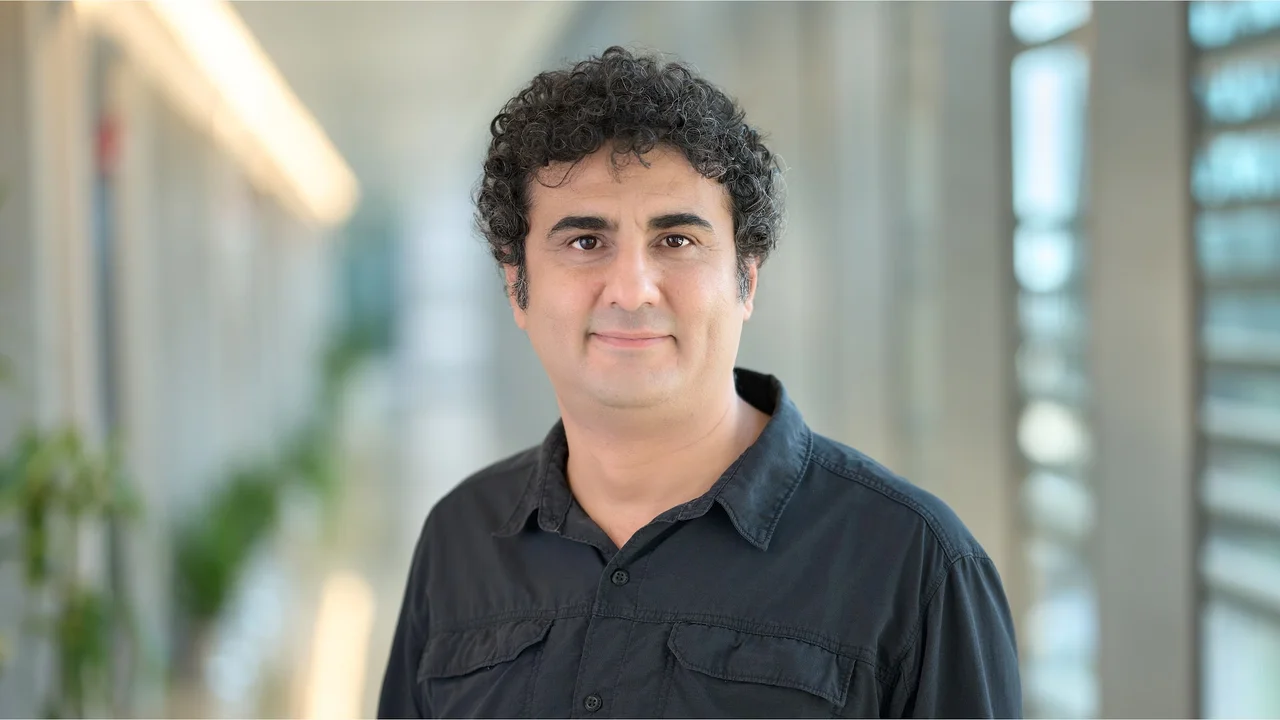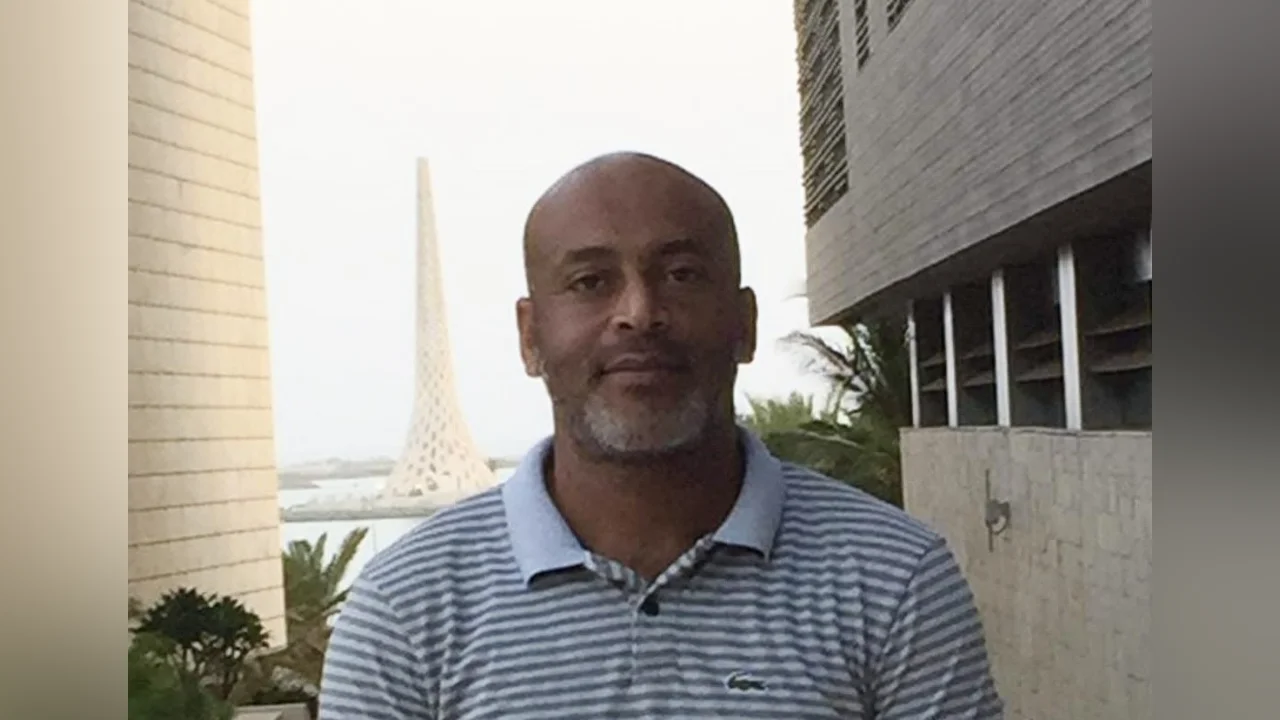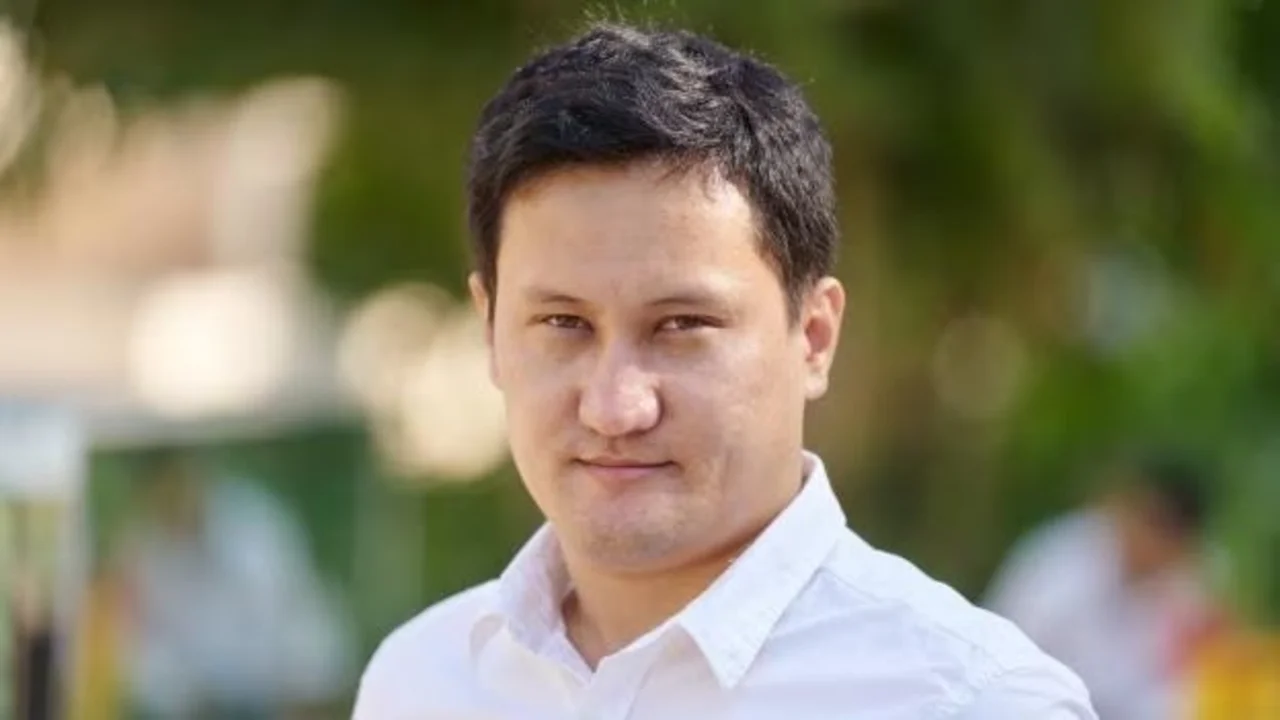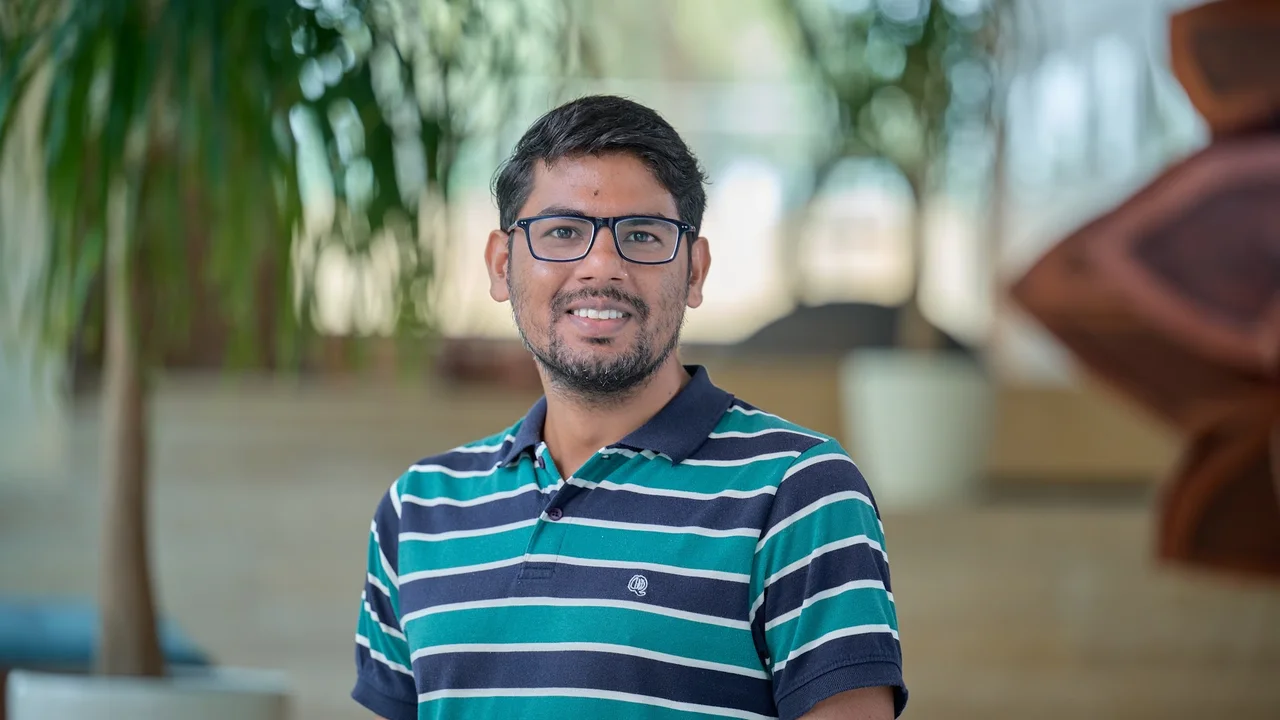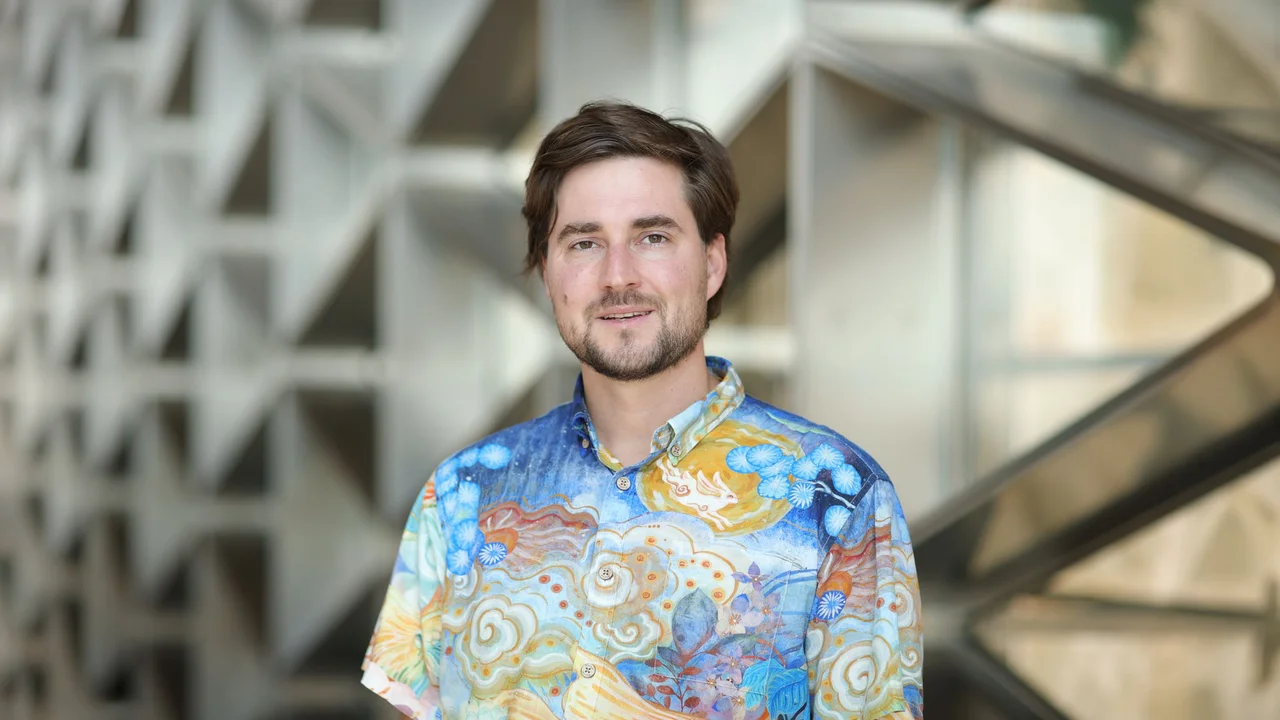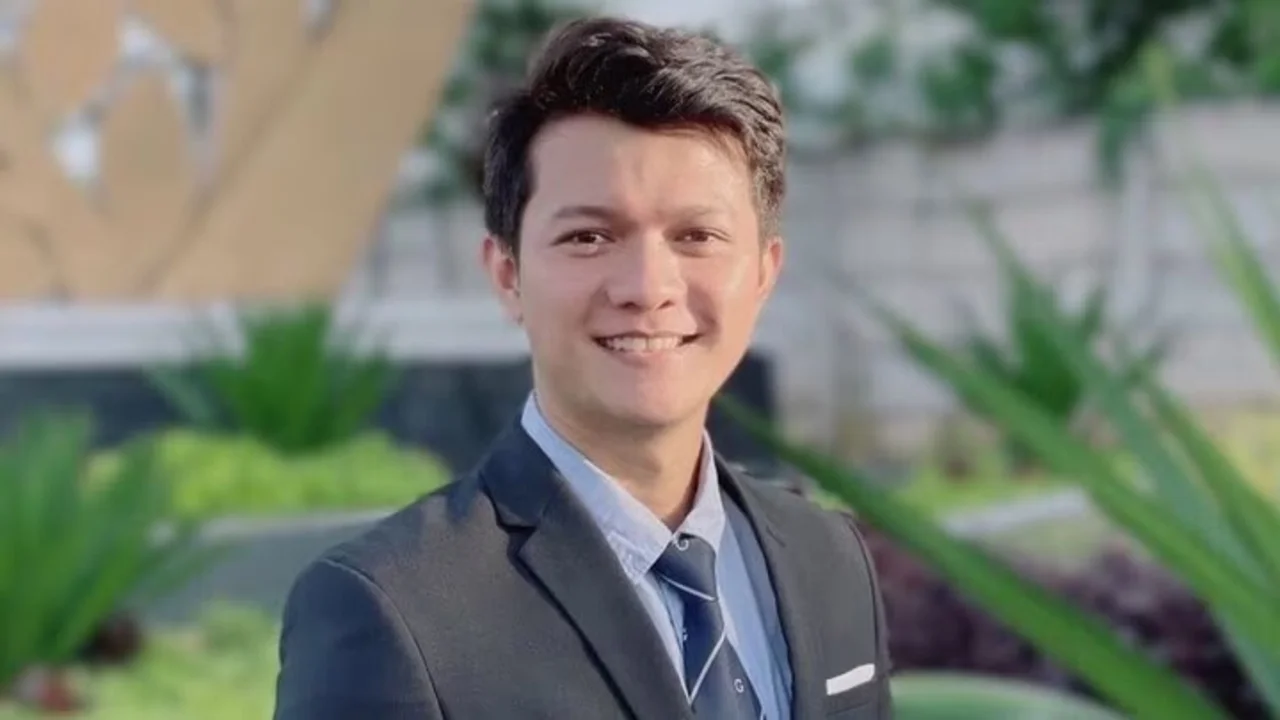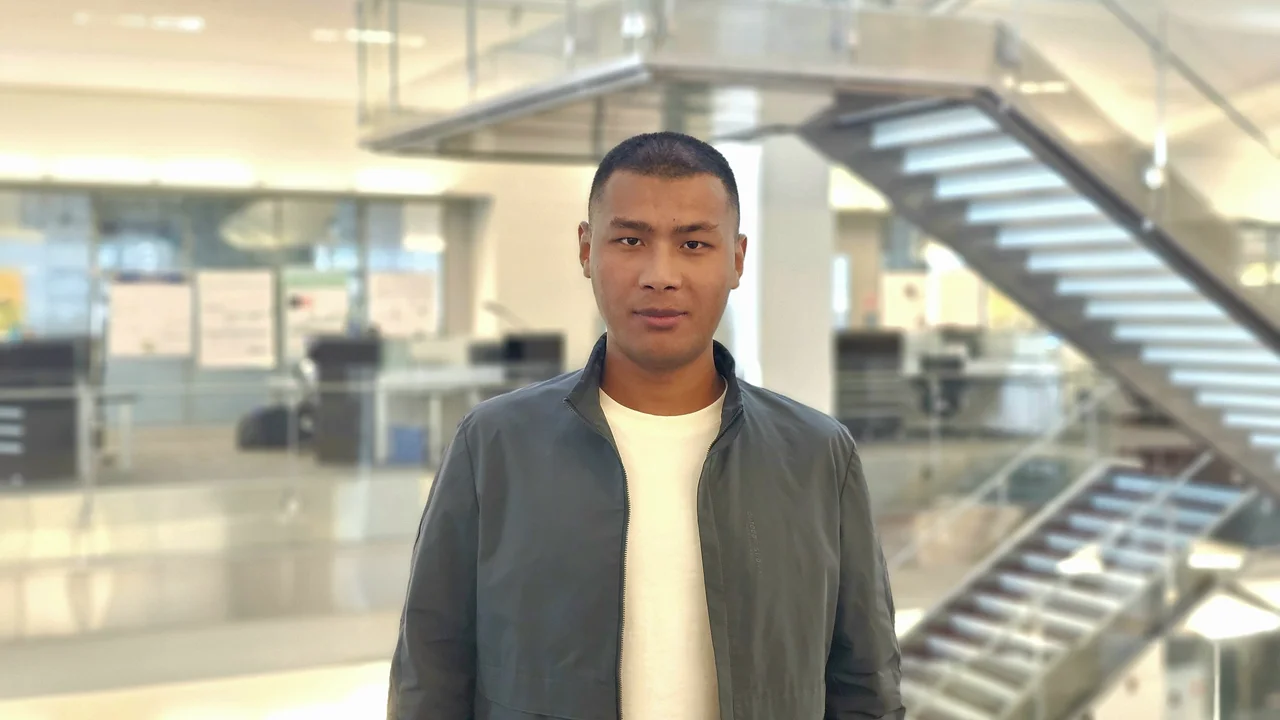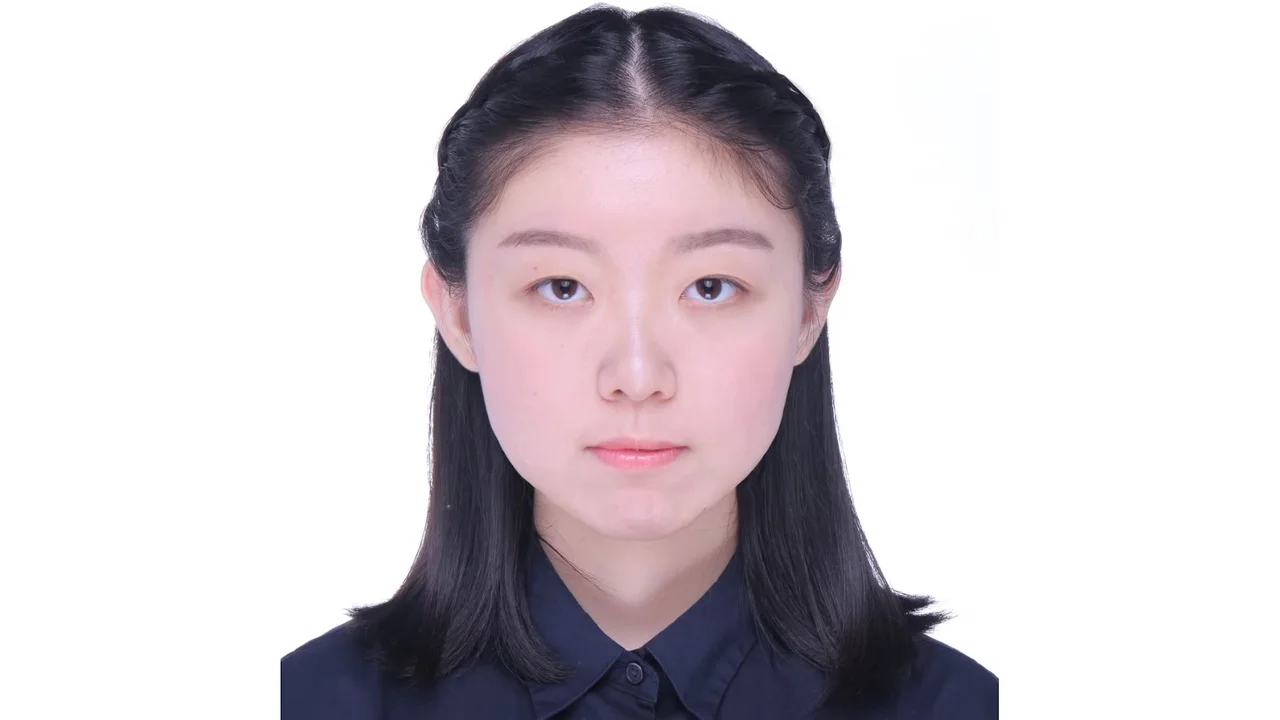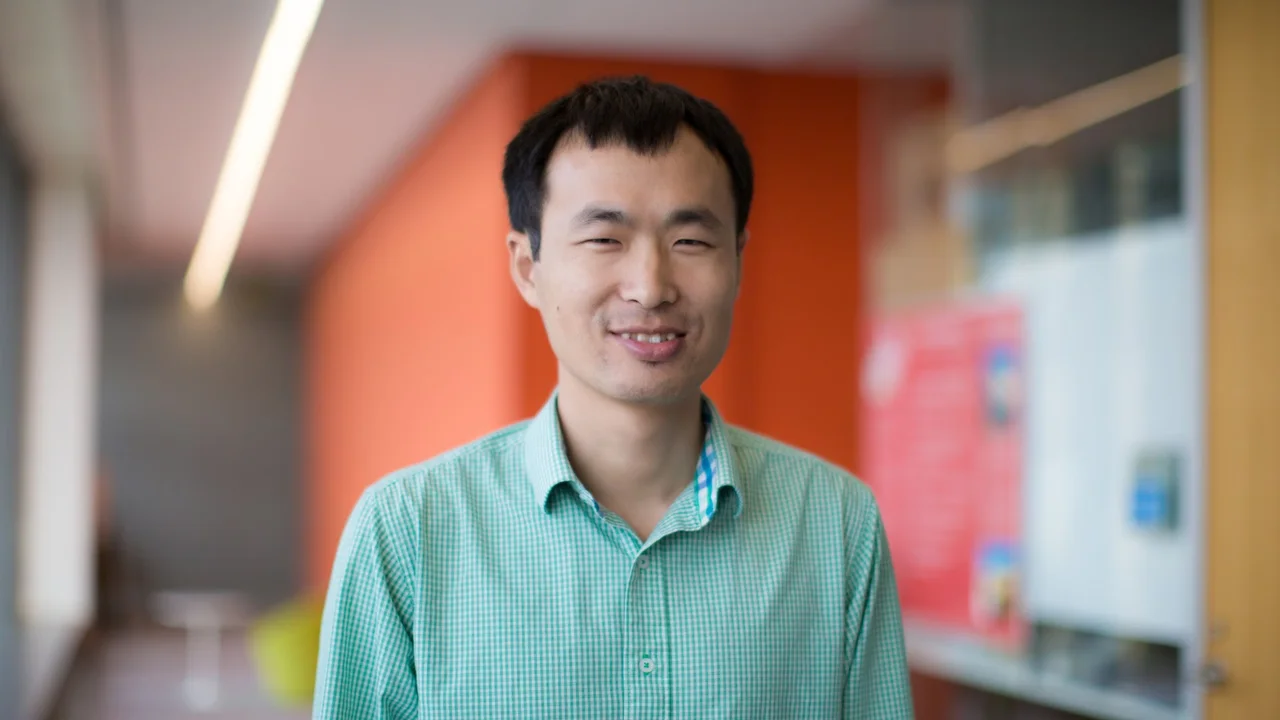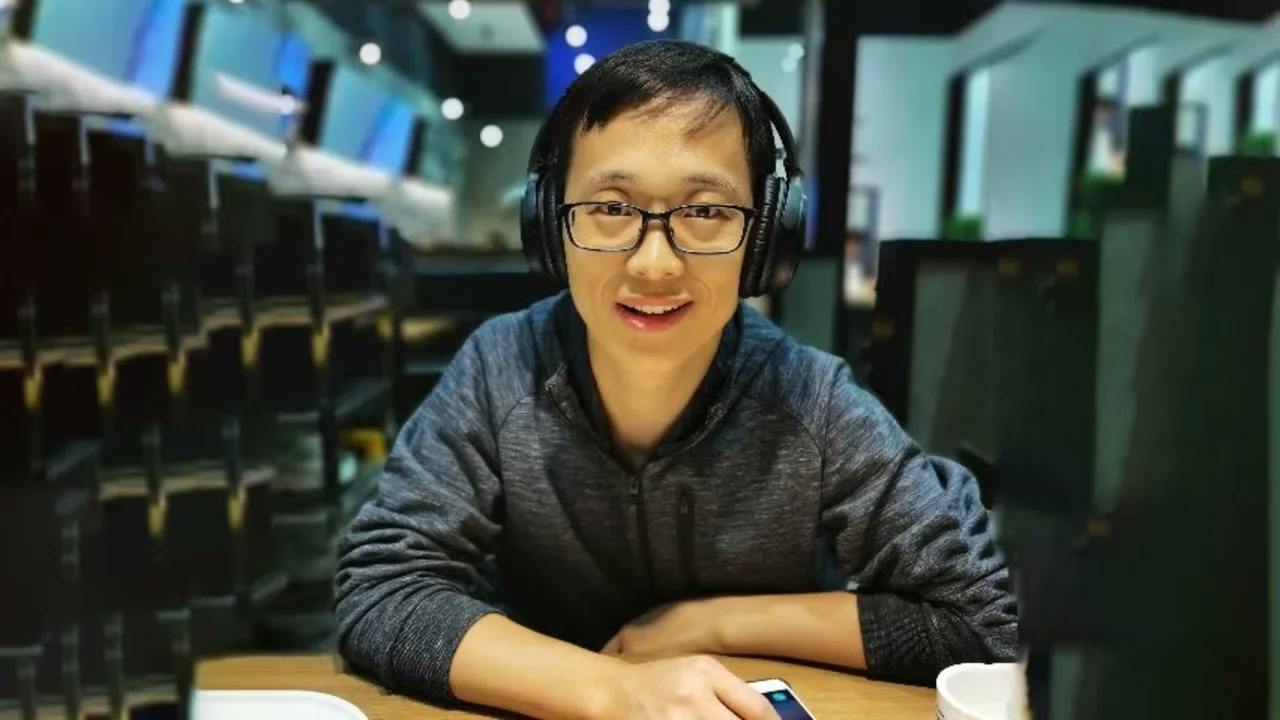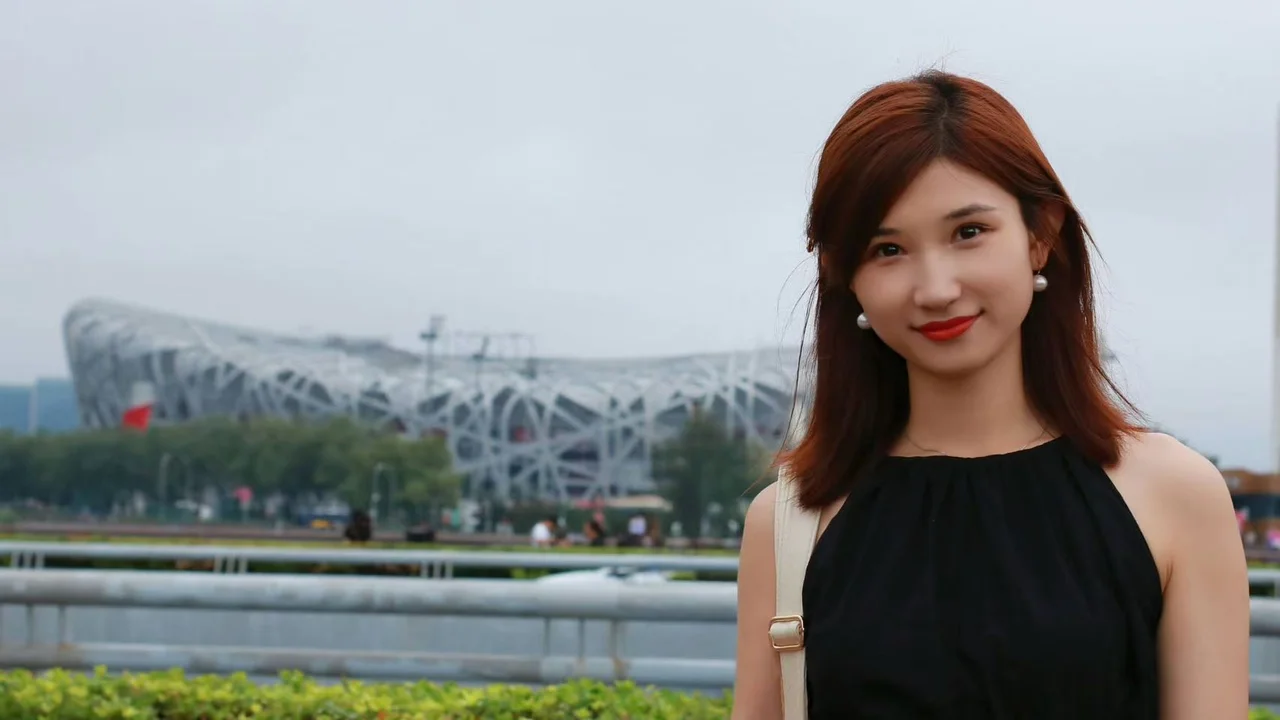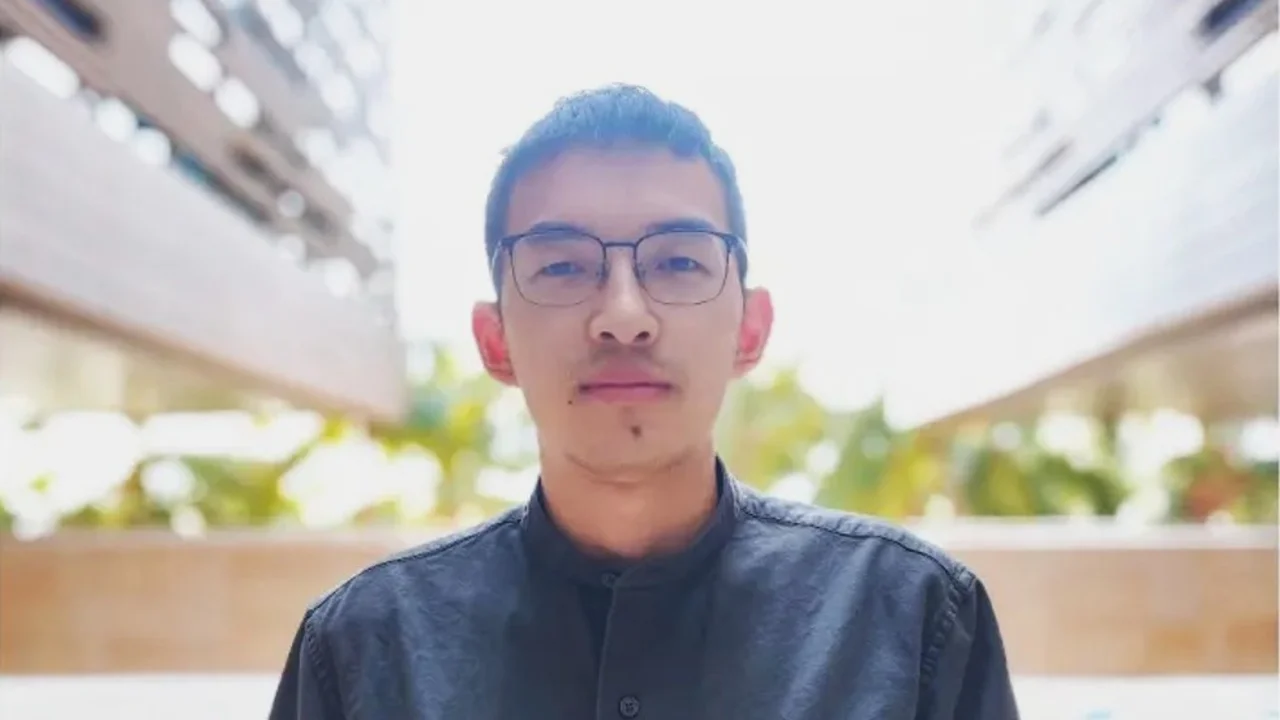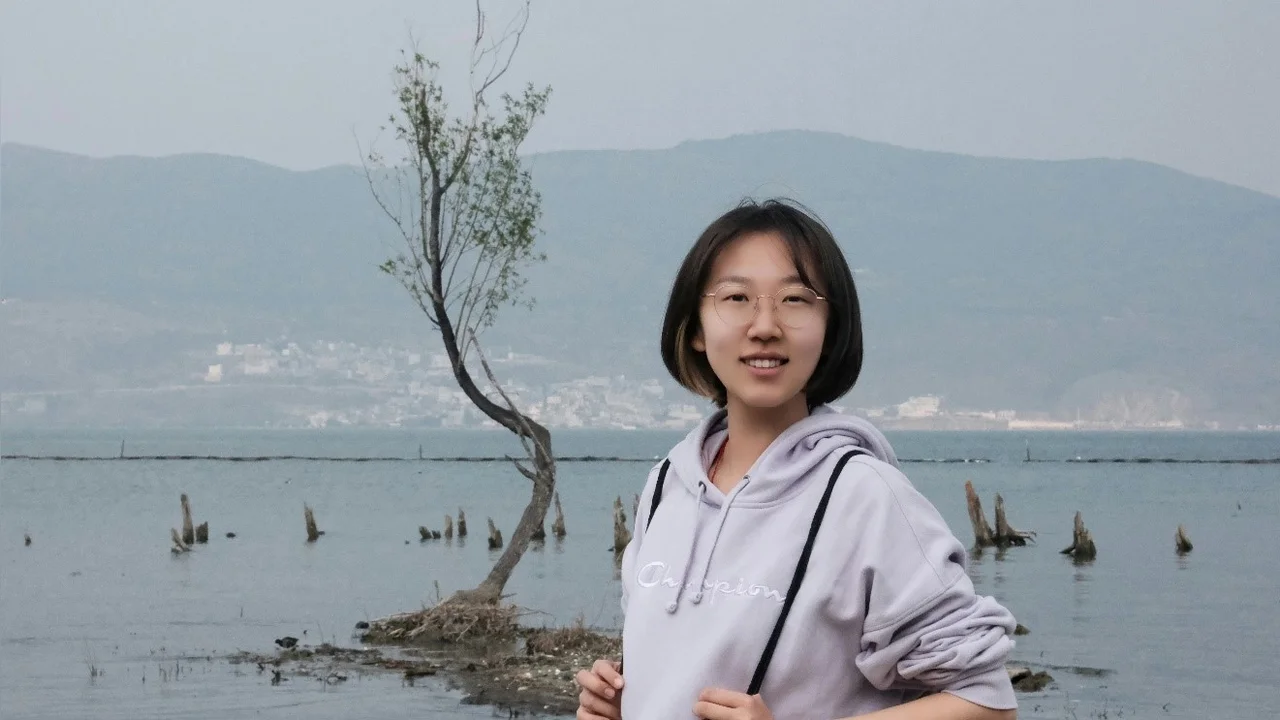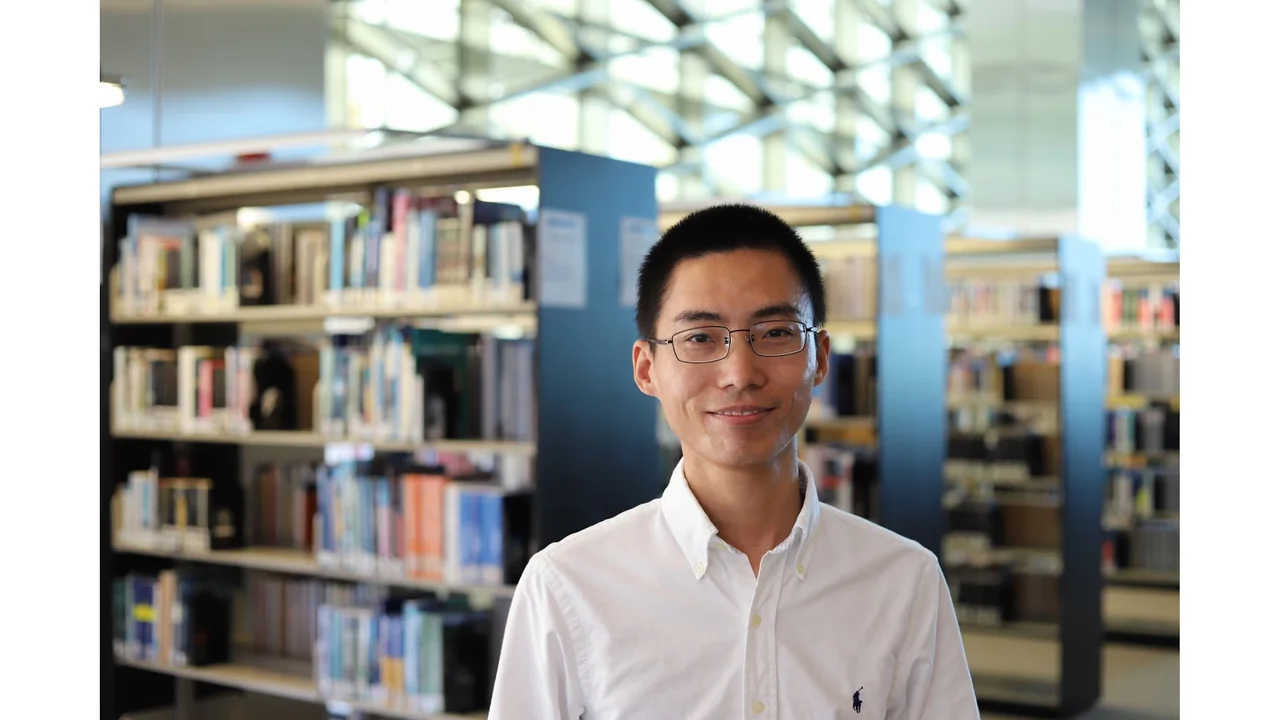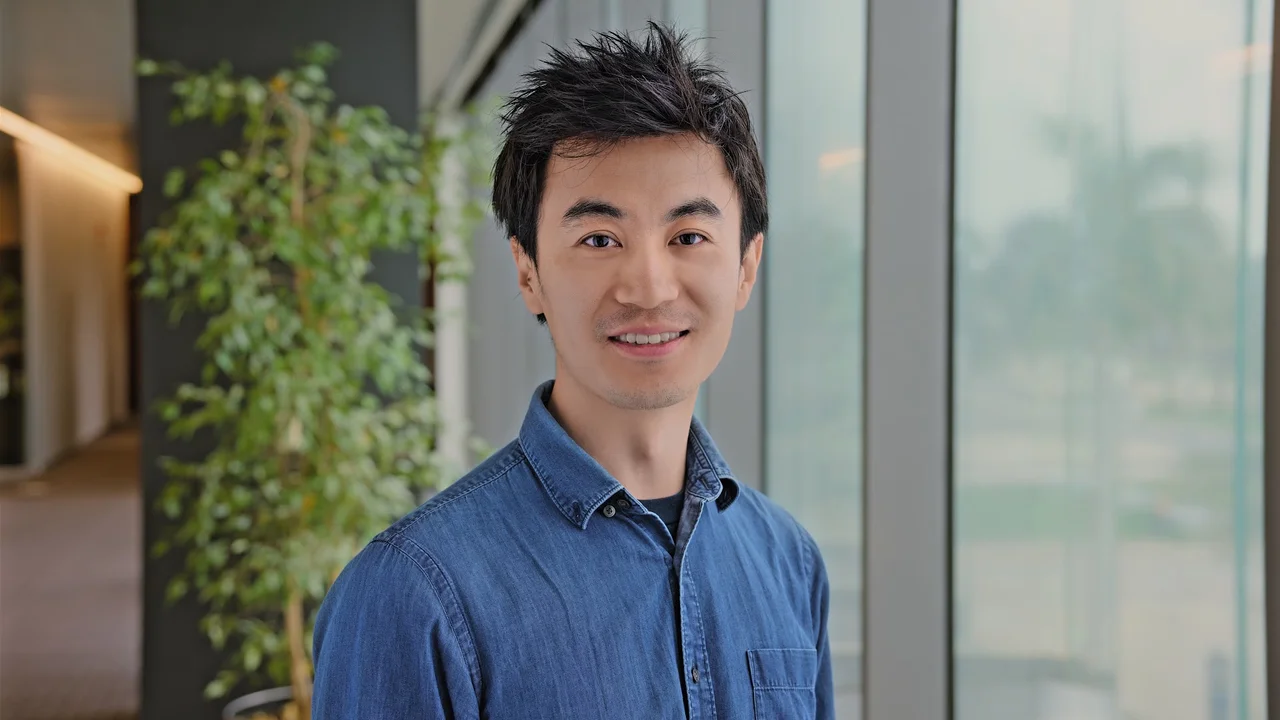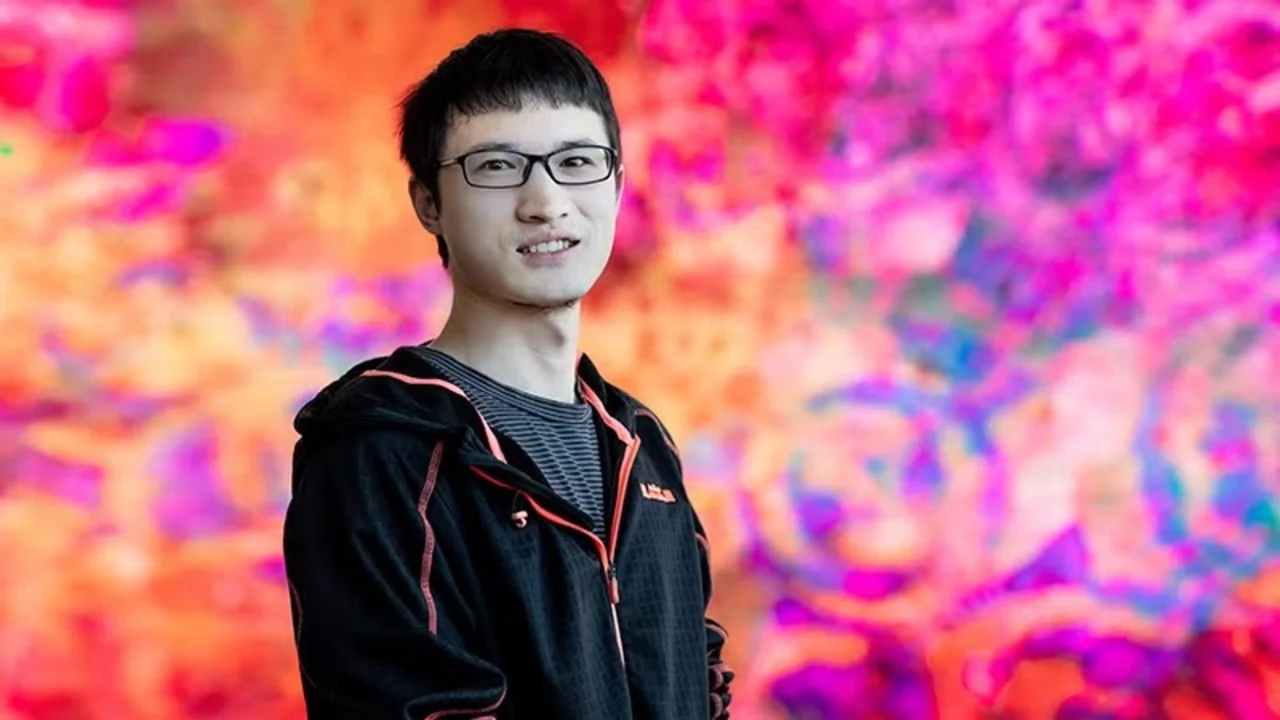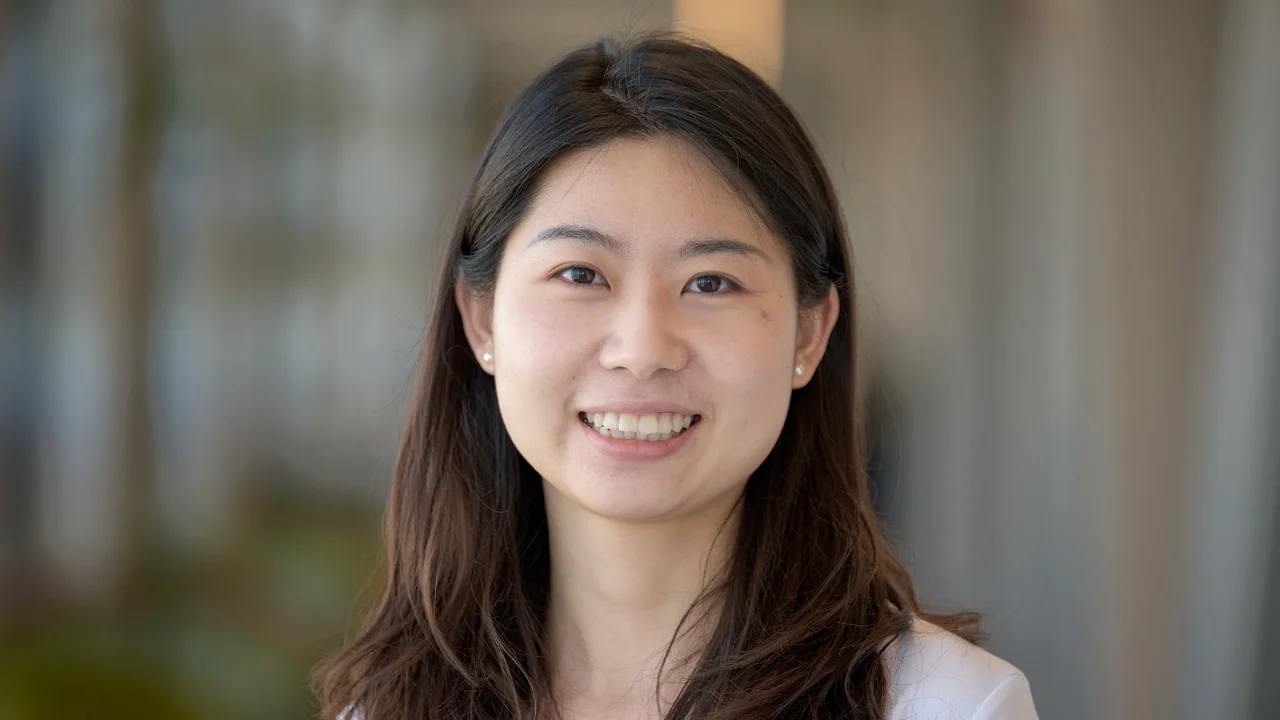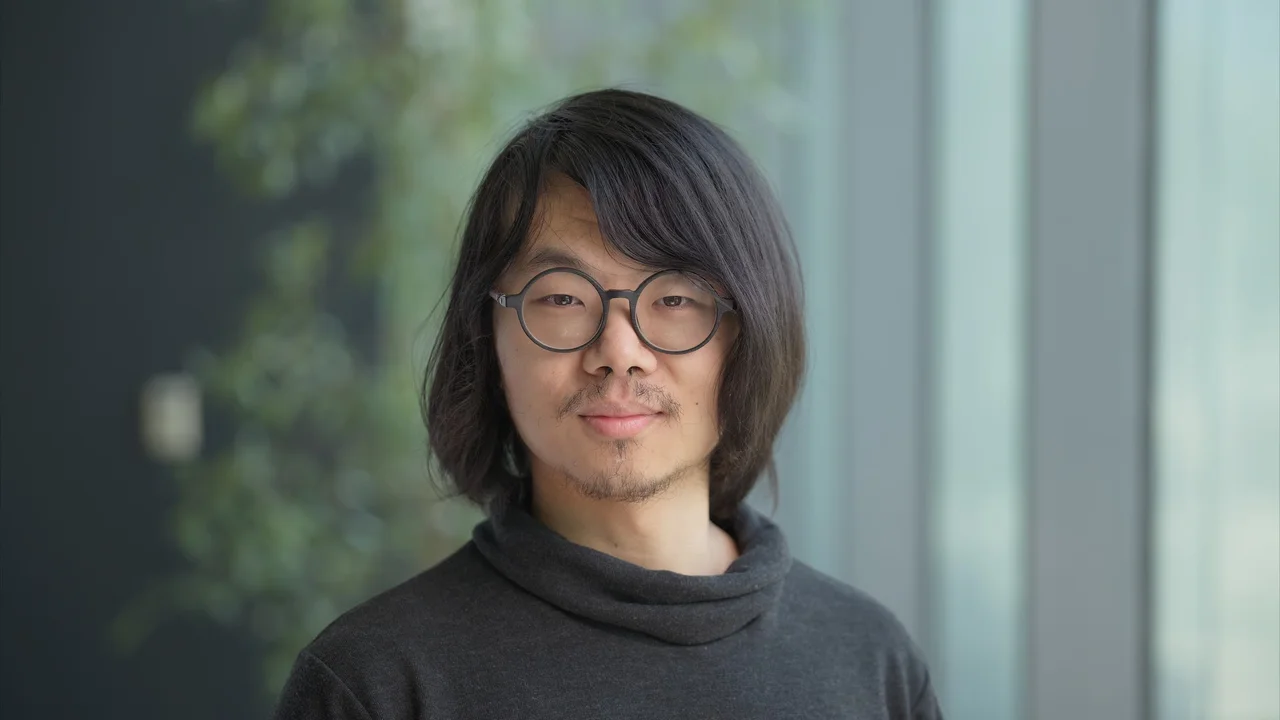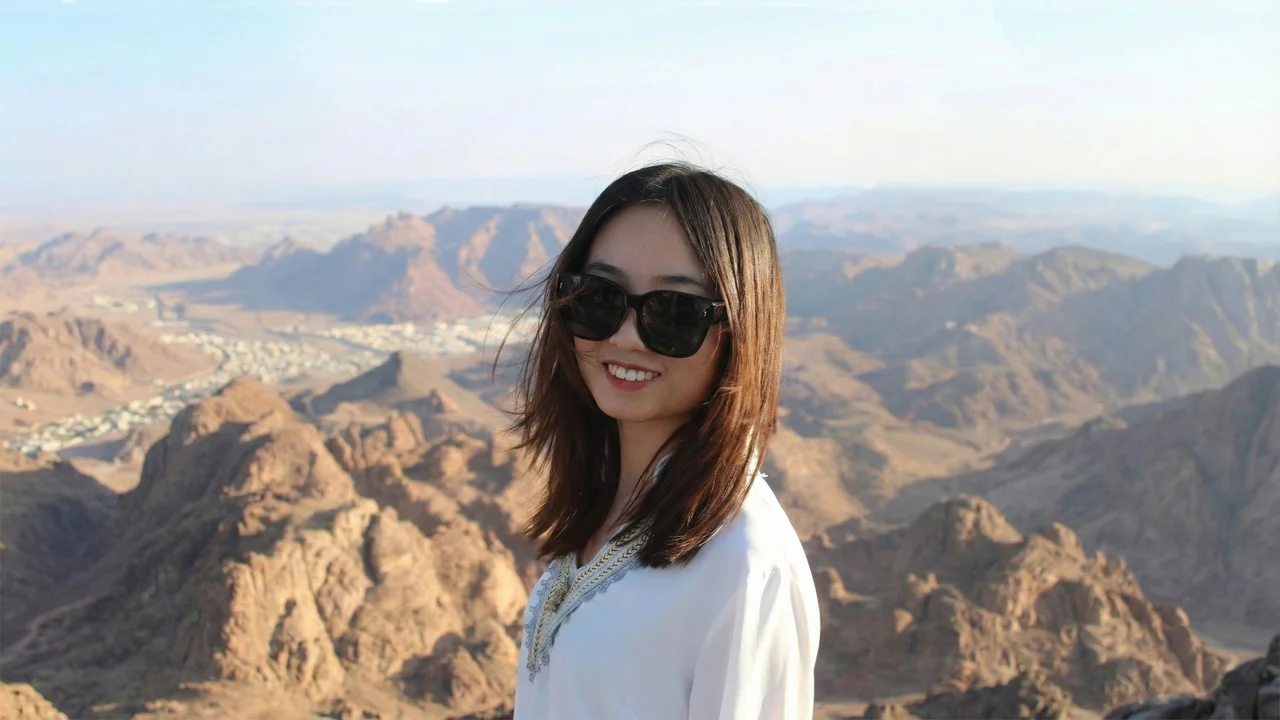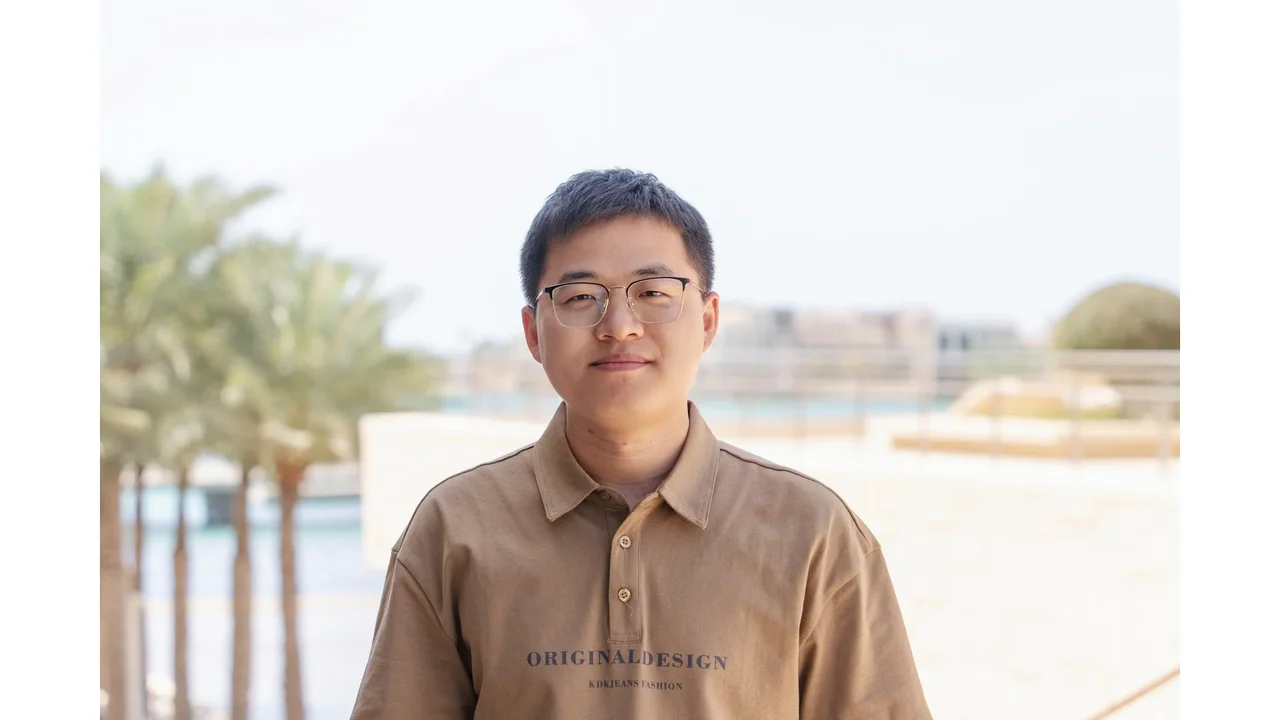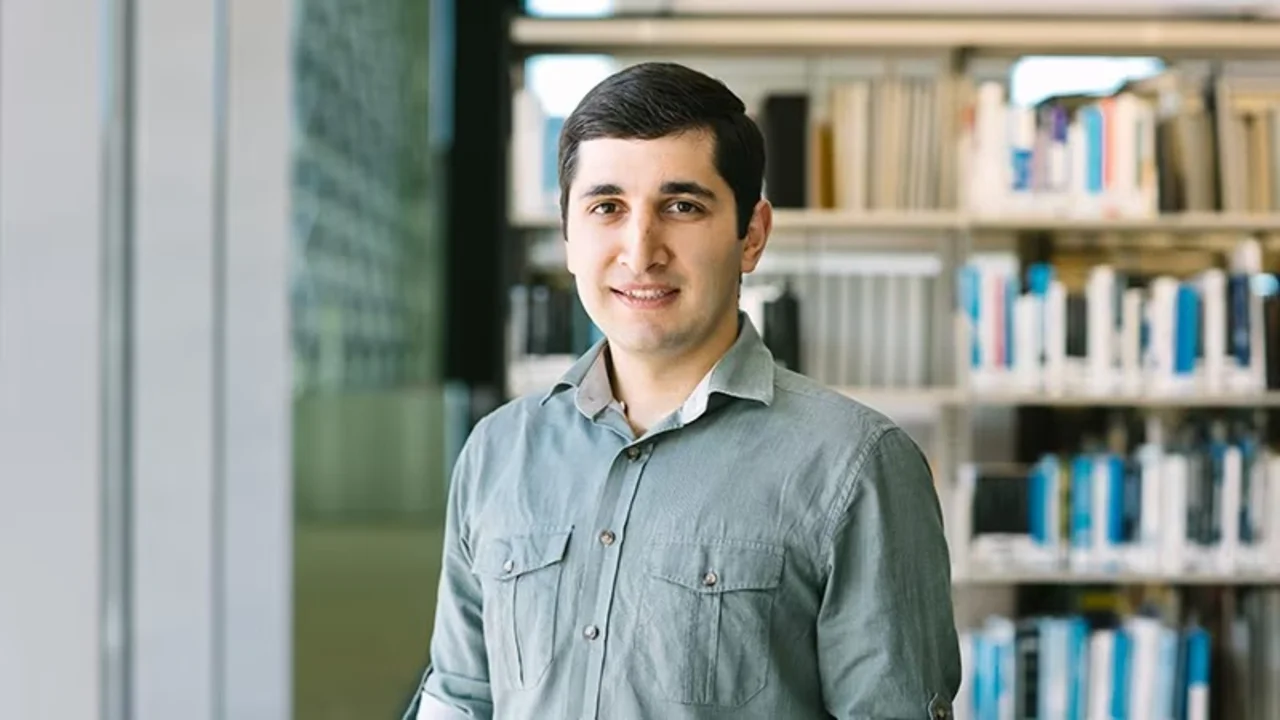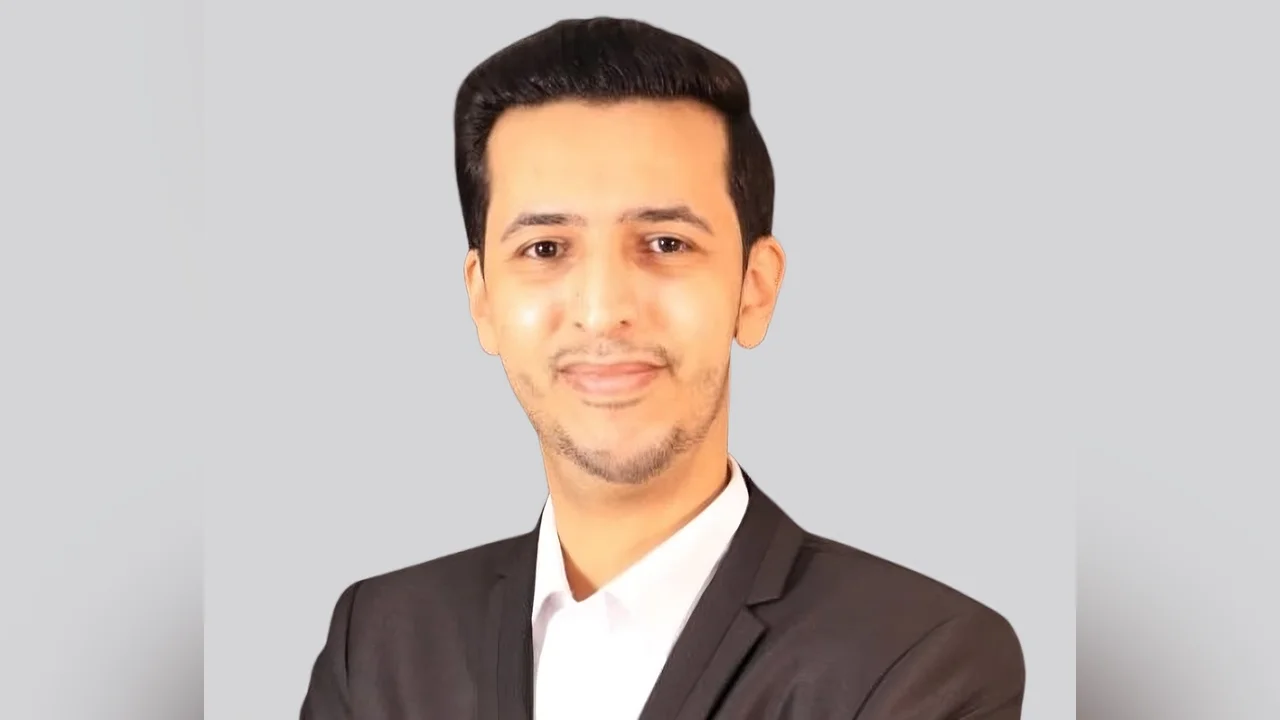Profiles
Postdoctoral Fellows
Matthew Sainsbury-Dale
- Postdoctoral Research Fellow, Statistics
MD Hasan Raza Ansari
- Postdoctoral Research Fellow, Electrical and Computer Engineering
Melih Ucer
- Postdoctoral Research Fellow, Applied Mathematics and Computational Science
Biography
Melih Ucer is a postdoctoral researcher in the Mean-Field Games (MFG) group of Prof. Diogo Gomes at KAUST. He obtained his bachelor's degree from MIT in physics and PhD degree from Bilkent University in mathematics, where he did research on topology of algebraic varieties. Since he joined KAUST, he has been primarily working on the weak solution concepts to MFG equations. In addition, being a former IMO medalist, he is still active in training olympiad students.
Research Interests
Melih Ucer is primarily interested in existence and regularity of weak solutions to mean-field equations (MFE), which are PDE systems consisting of a Hamilton-Jacobi-Bellman equation and a Fokker-Planck equation.
Education
Biography
Meng Tang earned his bachelor’s degree in applied physics and his Ph.D. in physics from Tongji University. In December 2022, he joined the Physical Science and Engineering Division at King Abdullah University of Science and Technology (KAUST) as a postdoctoral fellow under the supervision of Professor Xixiang Zhang. In March 2024, he transitioned to the Computer, Electrical and Mathematical Sciences and Engineering Division at KAUST, where he now works as a postdoctoral fellow under the supervision of Professor Gianluca Setti.
Research Interests
Meng Tang's research interests include spin-orbit torque (SOT) effects and spin transport, SOT-driven magnetization switching, SOT-based MRAM, spintronics-based neuromorphic computing and hardware security primitives, and superconducting spintronics. His areas of expertise encompass thin film deposition techniques (such as magnetron sputtering and pulsed laser deposition), nanofabrication methods (including lithography and ion milling), vibrating sample magnetometer (VSM), electrical transport measurements, harmonic Hall voltage measurements for SOT, current-driven magnetization switching measurements, spin-torque ferromagnetic resonance (ST-FMR), magneto-optical Kerr effect (MOKE) microscopy, X-ray reflection (XRR), and X-ray diffraction (XRD). Additionally, he is proficient in LabVIEW programming for measurement automation.
Education
Merey Ramazanova
- Postdoctoral Research Fellow, Computer Science
Biography
Merey Ramazanova is a Postdoctoral Researcher in the IVUL lab at KAUST. She pursued her PhD supervised by Professor Bernard Ghanem, with whom she also completed her Master’s degree. Her research focuses on egocentric video understanding, including multimodal modeling, action localization, and test-time adaptation under missing modality conditions. She also completed a research internship at Adobe.
Research Interests
Merey research focuses on data science, computer vision, and machine learning.
Education
Mher Safaryan
- Postdoctoral Research Fellow, Applied Mathematics and Computational Science
Mohamed Maama
- Postdoctoral Research Fellow, Stochastic Numerics Research Group
Research Interests
- Statistical signal processing .
- Signal application .
- OFDM systems..
- Random matrix theory
- Discriminant analysis.
Education
Mubarak Ojewale
- Postdoctoral Research Fellow, Computer Science
Nanbo Li
- Postdoctoral Research Fellow, Computer Science
Biography
Nanbo obtained his Ph.D. from the School of Informatics, University of Edinburgh, under the supervision of Prof. Robert Fisher and Prof. Chris Williams.
Research Interests
Nanbo is working on machine learning, with a particular focus on world models.
Education
Nasir Mahmood
- Postdoctoral Research Fellow, Electrical and Computer Engineering
Ngoc-Phuc Le
- Postdoctoral Research Fellow, Electrical and Computer Engineering
Biography
Dr. Nikita Kondratyev is a Research Specialist at the Integrated Photonics Laboratory (IPL) under the supervision of Prof. Yating Wan at King Abdullah University of Science and Technology (KAUST). He earned PhD in Physics from the M.V. Lomonosov Moscow State University, where he specialized in nonlinear optics and numerical modeling.
Before joining KAUST in 2025 Dr. Kondratyev worked at the Russian Quantum Center in the Laboratory of Coherent Microoptics and Radiophotonics covering a wide range of topics, including electro-optic effects, thermal noise and thermal effects, self-injection locking, laser stabilization, and Kerr frequency combs. A unified theoretical framework and simulation scripts for modeling frequency comb generation and self-injection locking were developed there. Since 2022, Dr. Kondratyev has worked as a Senior Photonic Integrated Circuit Designer at the Technology Innovation Institute in Abu Dhabi, he was involved in chip design and testing automation. A novel phased-array pattern to minimize sidelobe levels was proposed, for which a patent was provisionally submitted in November 2024.
Dr. Kondratyev has published over 80 research papers in leading international journals, including Nature Communications, Optics Letters, Physical Review (A and Applied) having WOS h-index 18.
Research Interests
Dr. Kondratyev’s research focuses on nonlinear optics, integrated photonics, self-injection locking, photonic phased arrays and numerical modeling.
Education
Partha Mondal
- Postdoctoral Research Fellow, Electrical and Computer Engineering
Richa Priyadarshani
- Postdoctoral Research Fellow, Electrical and Computer Engineering
Roberto Nuca
- Postdoctoral Research Fellow, Applied Mathematics and Computational Science
Biography
Roberto earned a B.Sc. degree in Mechanical Engineering from University of Padova in 2014. Then he obtained a M.Sc. in Applied Mathematics at Politecnico di Torino in 2017. Subsequently he earned a Ph.D. in pure and applied mathematics at Politencnico di Torino under a Marie Curie Horizon 2020 program in 2021.
Research Interests
Roberto's research involves numerical analysis of high-order algorithms for solving partial, ordinary, fractional, and integral equations. He is also interested in approximation theory in the context of numerical methods for partial differential equations. Furthermore, he also works on multiphysics models, coupled algorithms, and randomized linear algebra.
Rongxing Hu
- Postdoctoral Research Fellow, Secure Next Generation Resilient Systems Lab
Education
Sarbojit Roy
- Postdoctoral Research Fellow, Statistics
Simon Nik
- Postdoctoral Research Fellow, Statistics
Sipan Aslan
- Postdoctoral Research Fellow, Statistics
Sofiane Ben Mbarek
- Postdoctoral Research Fellow, Electrical and Computer Engineering
Biography
Sofiane Ben Mbarek received his B.S. degree in Electronic Signals and Systems from Toulon University, Toulon, France, in 2006 and his M.S. degree in Telecommunications and Microelectronics from Nice-Sophia-Antipolis University, Nice, France, in 2007. He obtained his Ph.D. in Engineering Sciences and Microsystems from Franche-Comté University, Besançon, France, in 2011. Before joining KAUST, he was a postdoc at the Centre for Quantum Materials and Technologies, Queen’s University, Belfast, UK. He has research and teaching experience in various universities and companies. His research and interests include magnetic sensors, electromagnetic compatibility, multiphysics modeling, and nanofabrication.
Research Interests
- Magnetic Sensors
- Electromagnetic Compatibility
- Multiphysics Modeling
- Micro and Nanofabrication
Education
Tong Mao
- Postdoctoral Research Fellow, Applied Mathematics and Computational Science
Vipin Pandey
- Postdoctoral Research Fellow, Electrical and Computer Engineering
Vladimir Pimanov
- Postdoctoral Research Fellow, Applied Mathematics and Computational Science
Biography
Dr. Vladimir Pimanov is a Postdoctoral Fellow at KAUST working on computational plasma physics and high-performance scientific computing under Prof. David Keyes. He earned his Ph.D. at Lomonosov Moscow State University.
Biography
Wahyu Hendra Gunawan currently a Postdoctoral Fellow at Photonics Laboratory in the Division of Computer Electrical and Mathematical Sciences & Engineering (CEMSE) at King Abdullah University of Science and Technology (KAUST). He earned his B.S. and M.S in Physics at Institut Teknologi Sepuluh Nopember, Indonesia, in 2012 and 2014, respectively. In December 2022, he earned his P.hD. from Department of Photonics at National Yang-Ming Chiao-Tung University (NYCU), Taiwan, with research focus on Enabling Techniques for Optical Wireless Communication and Optical Fiber Communication Systems. He has over 15 authored/co-authored publication in peer-reviewed journals and conference proceedings. He also serving the scientific community as reviewers for several international journals, such as: Drones, Applied Sciences, Sensors, IEEE System Journal, IEEE Access and Photonics.
Research Interests
Optical Systems and Communications, Wireless Optical Sensing
Education
Biography
Dr. Weiping Li is a Postdoctoral Fellow at the Integrated Photonics Laboratory (IPL) under the supervision of Prof. Yating Wan at King Abdullah University of Science and Technology (KAUST). Before joining KAUST, he received his B. S. degree in National University of Defense and Technology, in 2016, and Ph. D. degree in Fudan University, in 2024.
Prior to joining IPL, Dr. Li was a postdoctoral scholar at Institute of Advanced Chips and Systems, Fudan University. He has published over 100 peer-reviewed articles , with more than 30 as first and corresponding authors, including Optical Fiber Communications Conference (Post deadline paper), Transactions on Microwave Theory and Techniques, Journal of Lightwave Technology, Science China Information Sciences, Optics Letters, etc. Dr. Li won the 2024 Shanghai Outstanding Graduate. In addition, he was selected into the list of top 2% scientists in the world in 2025.
Research Interests
Dr. Li’s research interests include integrated photonics-aided LIDAR, Quantum dot lasers, broadband photonics-aided terahertz communication and sensing, etc.
Education
Xiang Li
- Postdoctoral Research Fellow, Computer Vision- Core Artificial Intelligence Research
Xiaokai Huo
- Postdoctoral Research Fellow, Applied Mathematics and Computational Science
Xiaopeng Xu
- Postdoctoral Research Fellow, Computer Science
Xiaowei Pang
- Postdoctoral Research Fellow, Electrical and Computer Engineering
Xiaowen Zhang
- Postdoctoral Research Fellow, Electrical and Computer Engineering
Biography
Dr. Xiaowen is a Postdoc Fellow at the Integrated Photonics Laboratory under the supervision of Prof. Yating Wan at King Abdullah University of Science and Technology (KAUST). Before joining KAUST, he received his B.E. degree in Material Science from South China University of Technology in 2013. He received the Ph.D. degree from the South China University of Technology in 2017 and completed 2-year postdoctoral research in Zhejiang University. He previously published 15 SCI journals (8 first author), including Nano Lett., Nano Res., Chem. Mater., etc. His current research focus towards the integration of 2D materials on silicon-photonics and the nonlinear optics of optical waveguides. His work aims to explore the unique properties of these materials and their potential applications in the field of integrated photonics.
Research Interests
Dr. Xiaowen’s research interests are 2D integrated silicon photonics, nonlinear optics.
Education
Xihui Teng
- Postdoctoral Research Fellow, Electrical and Computer Engineering
Research Interests
Dr. Teng's primary research interests lie in the field of antenna theory and technology, with a specific focus on the design of millimeter-wave high-gain antennas, phased array antennas, and endfire antennas. Her designed antennas can be applied in various advanced systems, including 5G phased array communication systems, 77GHz automotive radar systems, and shipborne communication systems.
Education
Xing Liu
- Postdoctoral Research Fellow, Electrical and Computer Engineering
Research Interests
- GNSS Localization.
- Attitude Determination.
Education
Xinliang Liu
- Postdoctoral Research Fellow, Applied Mathematics and Computational Science
Xun Qian
- Postdoctoral Research Fellow, Applied Mathematics and Computational Science
Yang Liu
- Postdoctoral Research Fellow, Applied Mathematics and Computational Science
Biography
Yang Liu is a Ph.D. candidate at Stochastic Numerics Research Group (STOCHNUM) under the supervision of Professor Raul F. Tempone at King Abdullah University of Science and Technology (KAUST). His primary research interests involve uncertainty quantification, Monte Carlo methods, and finite element methods. He obtained a Master's Degree in Applied Mathematics and Computational Science from KAUST in 2019.
Yimeng Chen
- Postdoctoral Research Fellow, Computer Science
Biography
Yimeng's received her Bachelor's degree in Physics and my Ph.D. in Statistics from the University of Chinese Academy of Sciences (UCAS).
Research Interests
Yimeng's research interests lie at understanding the principles of intelligence. Her work has been focusing on:
- LLM-based Planning & Reasoning: Developing agents capable of solving long-range tasks.
- AI for Science: Scientific reasoning ability of large foundation models.
- Self-Improving Agents: Theoretical frameworks for agents that can self-optimize.
Education
Ying Shi
- Postdoctoral Research Fellow, Electrical and Computer Engineering
Biography
Dr. Ying is a Postdoc Fellow at the Integrated Photonics Laboratory under the supervision of Prof. Yating Wan at King Abdullah University of Science and Technology (KAUST). Before joining KAUST, he received his B.E. degree in Communication Engineering from Lanzhou University in 2017 with some honors such as the First Price Scholarship, School Outstanding Graduates Awards. He received the Ph.D. degree from the State Key Laboratory of Advanced Optical Communication Systems and Networks at Shanghai Jiao Tong University in 2022. His Ph.D. doctoral research focuses on polymer waveguide technology for high-speed optical circuit board application. He previously published 16 journals and conference papers, including the first author's 3 OE, 1 OL, OFC, OECC, etc. He now pivots himself towards the silicon photonics integrated circuit platform and its applications.
Research Interests
Dr. Ying’s research interests are optical interconnects, silicon photonics.
Education
Yuri Ashrafyan
- Postdoctoral Research Fellow, Applied Mathematics and Computational Science
Zaid Alyafeai
- Postdoctoral Research Fellow
Biography
I defended my PhD thesis from KFUPM in January 2024. My thesis was about assessing the importance of morphology in language understanding for Arabic. I am the co-founder of arbml an open source initiative to support Arabic NLP research and tools. I am also a founding member of fihmai, which targets publishing resources that enrich AI content in Arabic. I was part of multiple open science projects like BigScience and Cohere for AI and helped the efforts to support Arabic NLP understanding in such initiatives.
